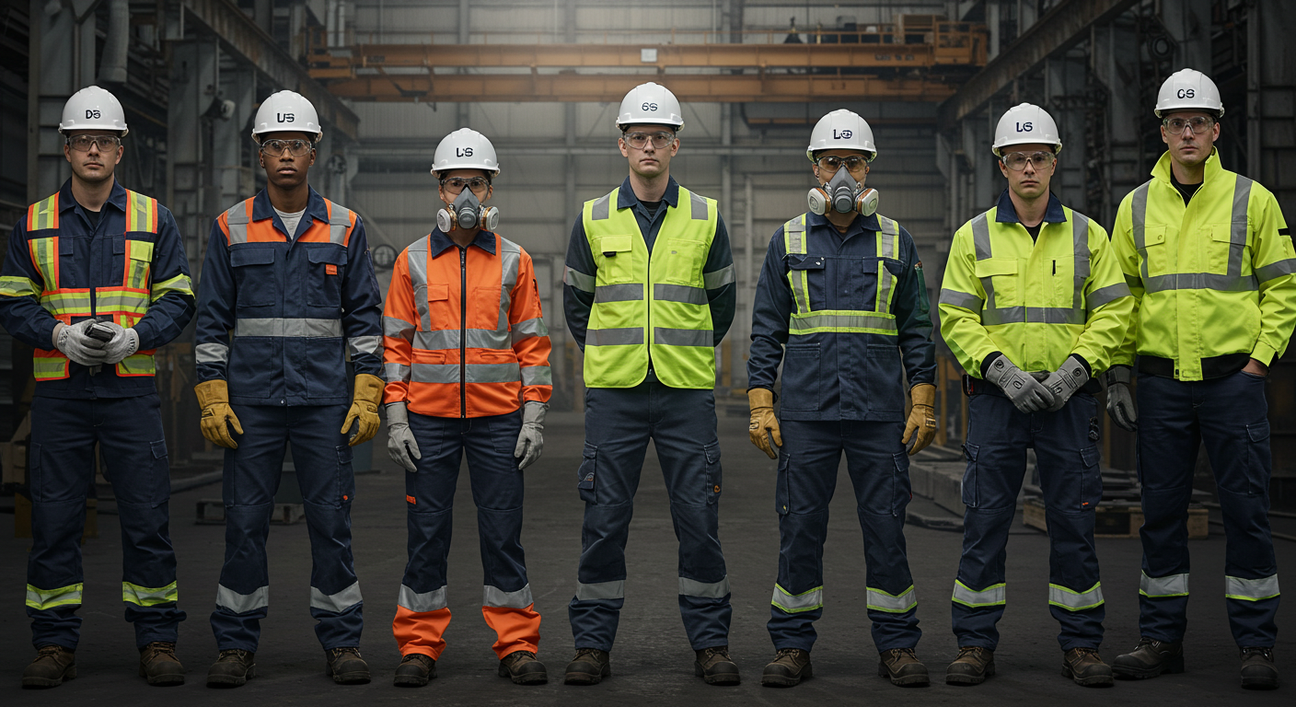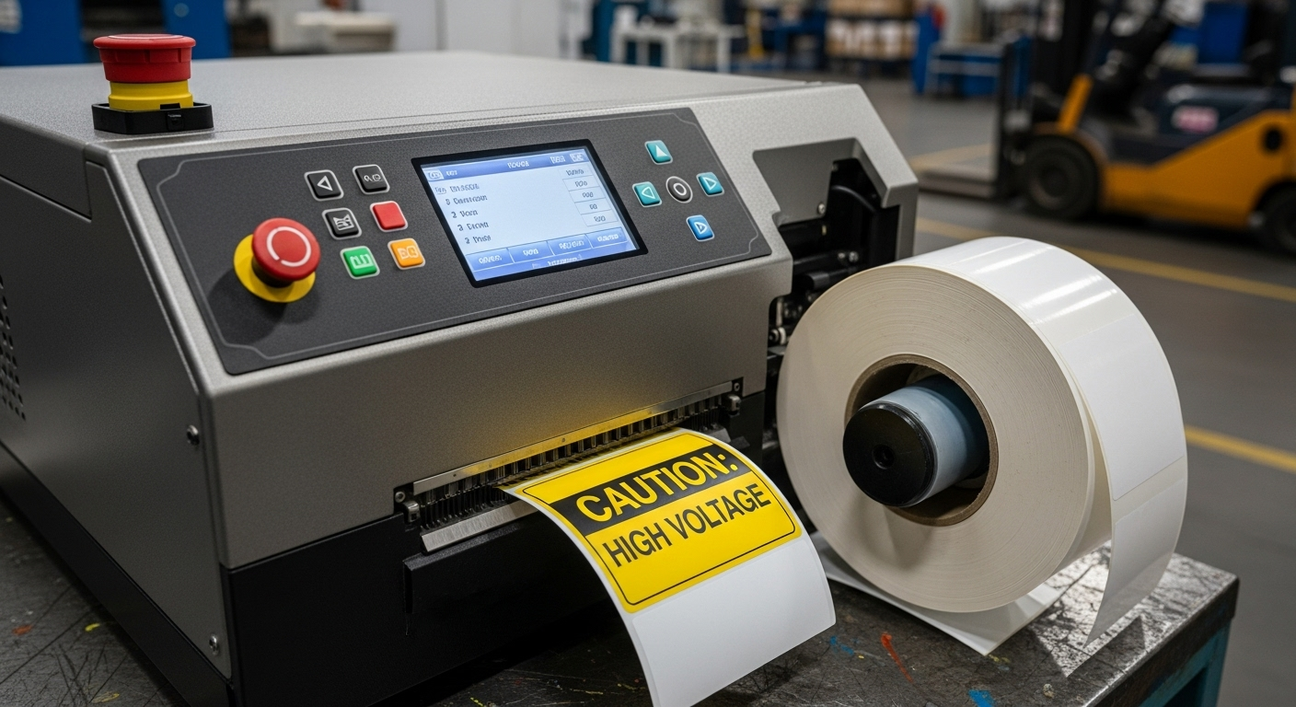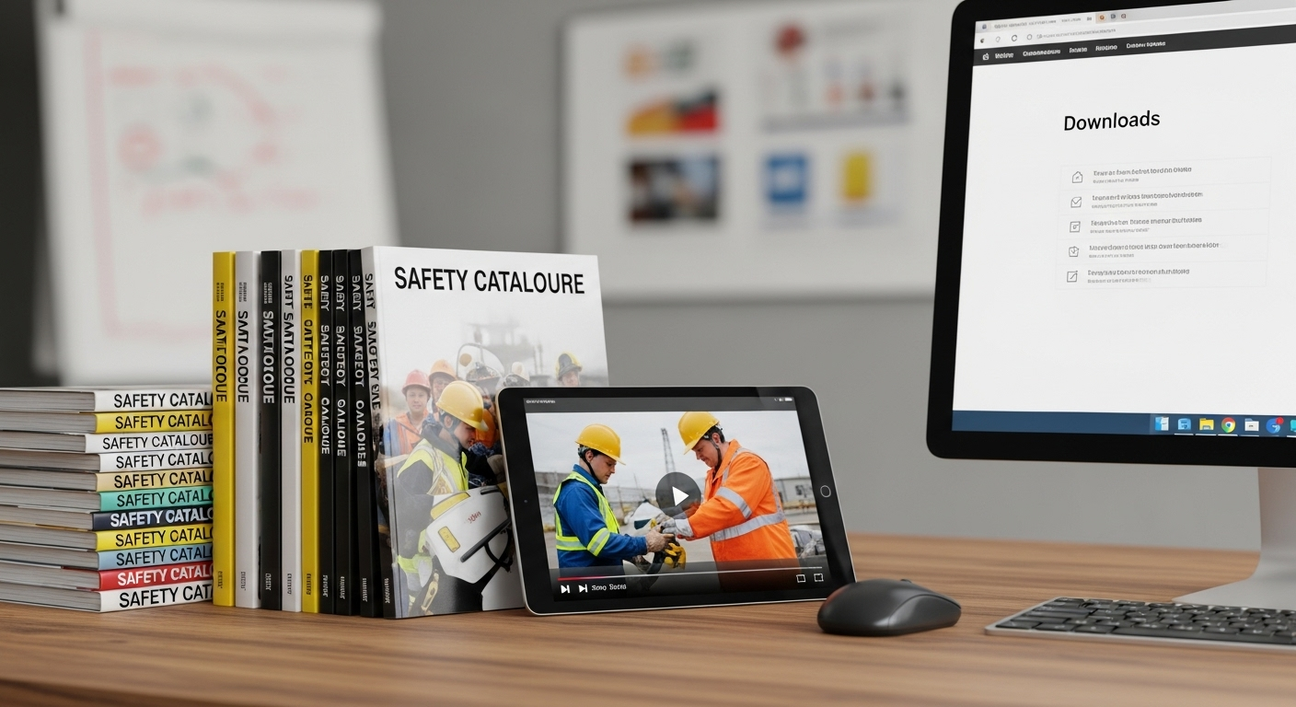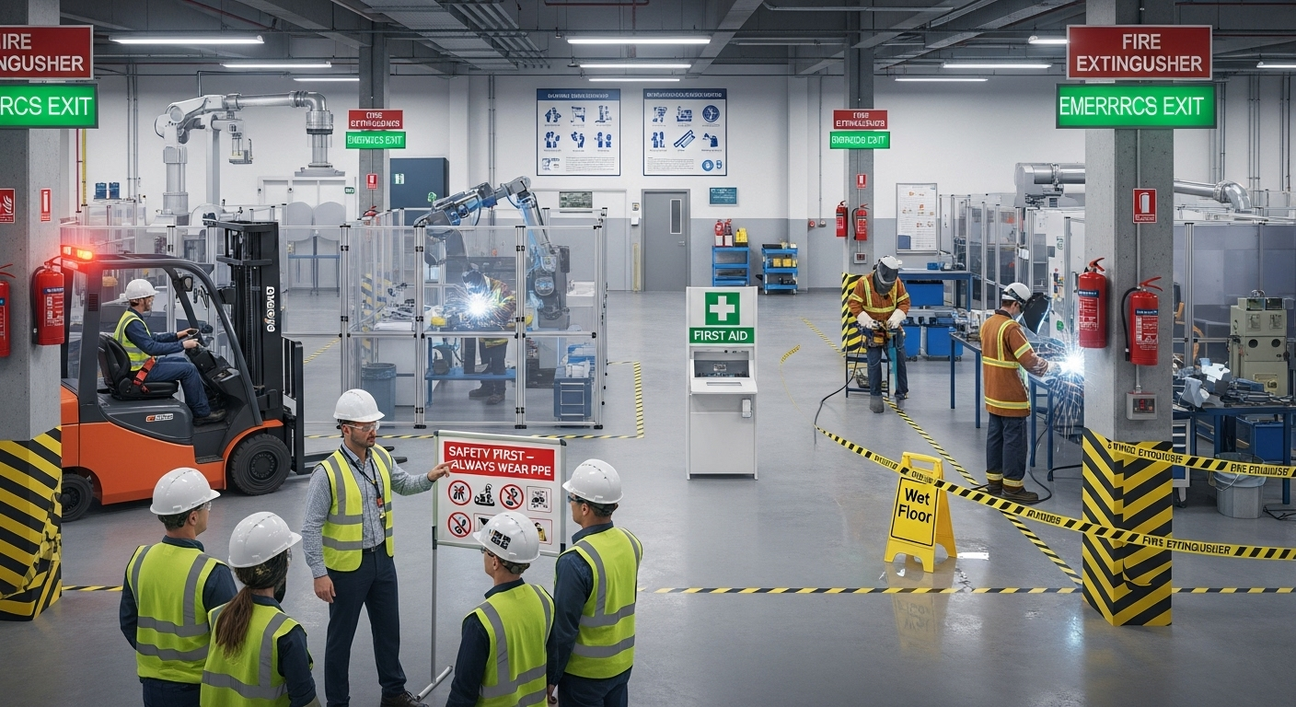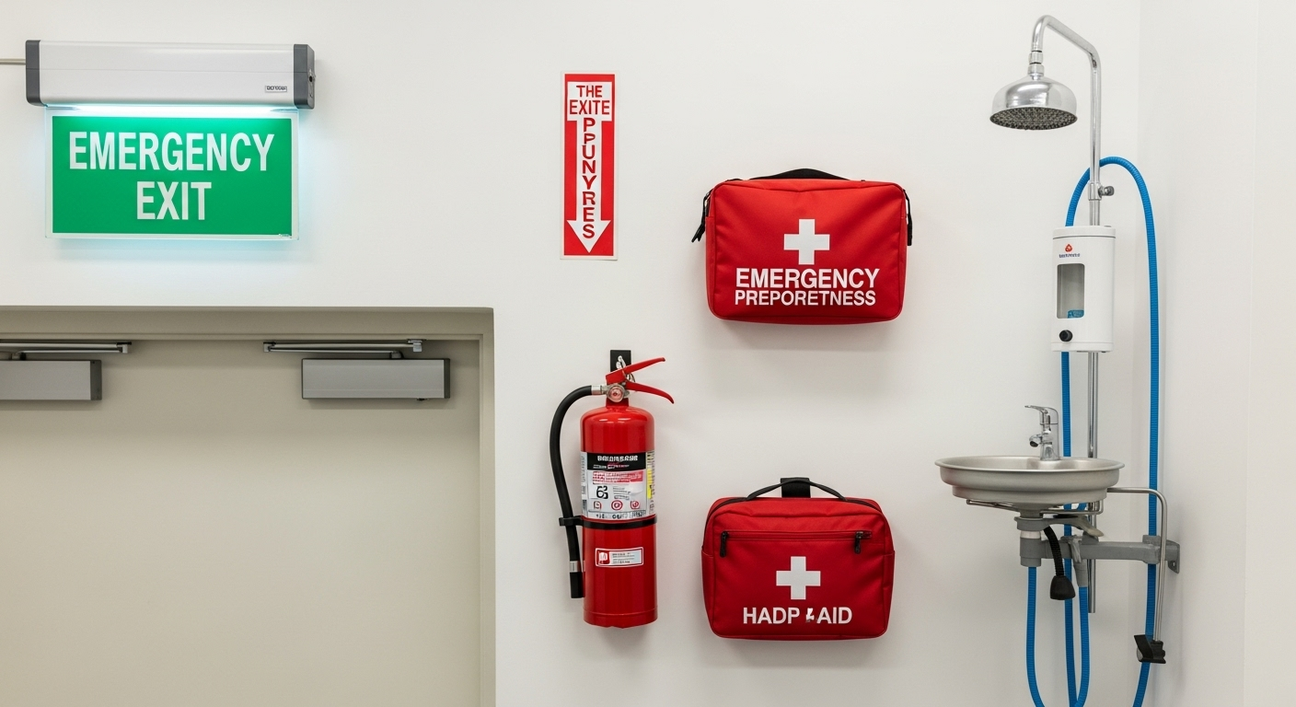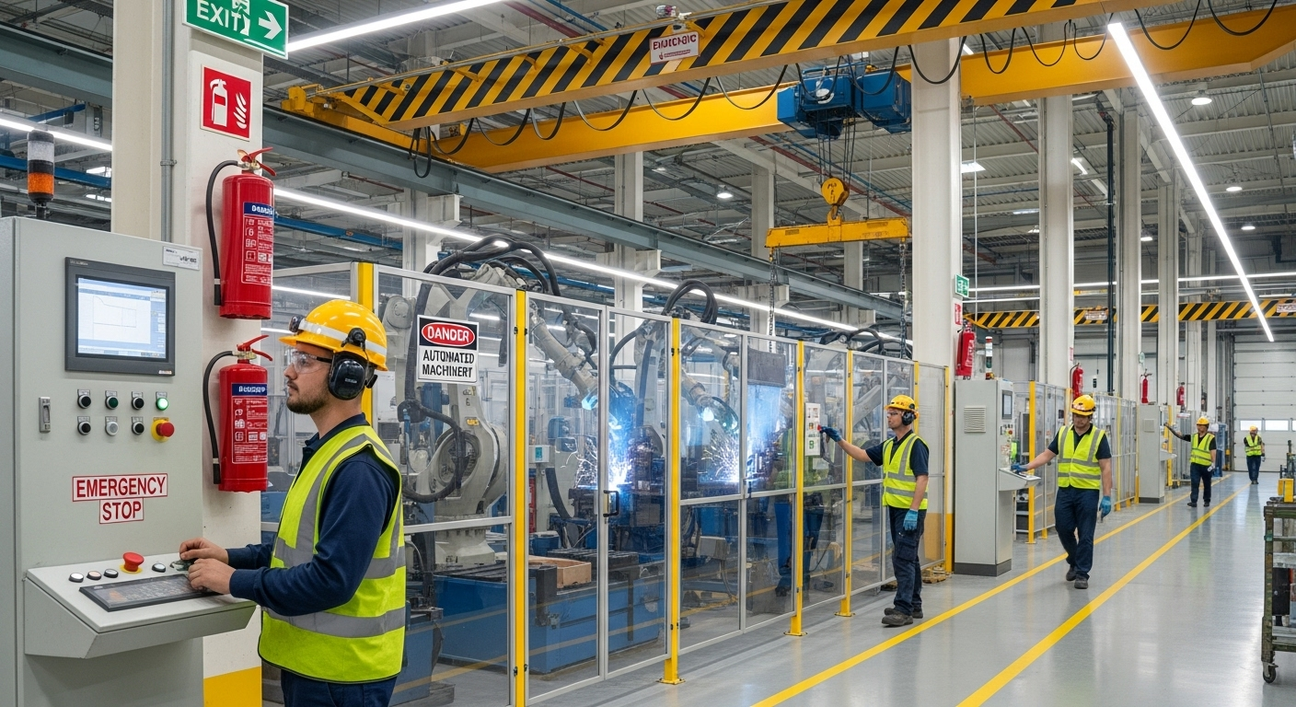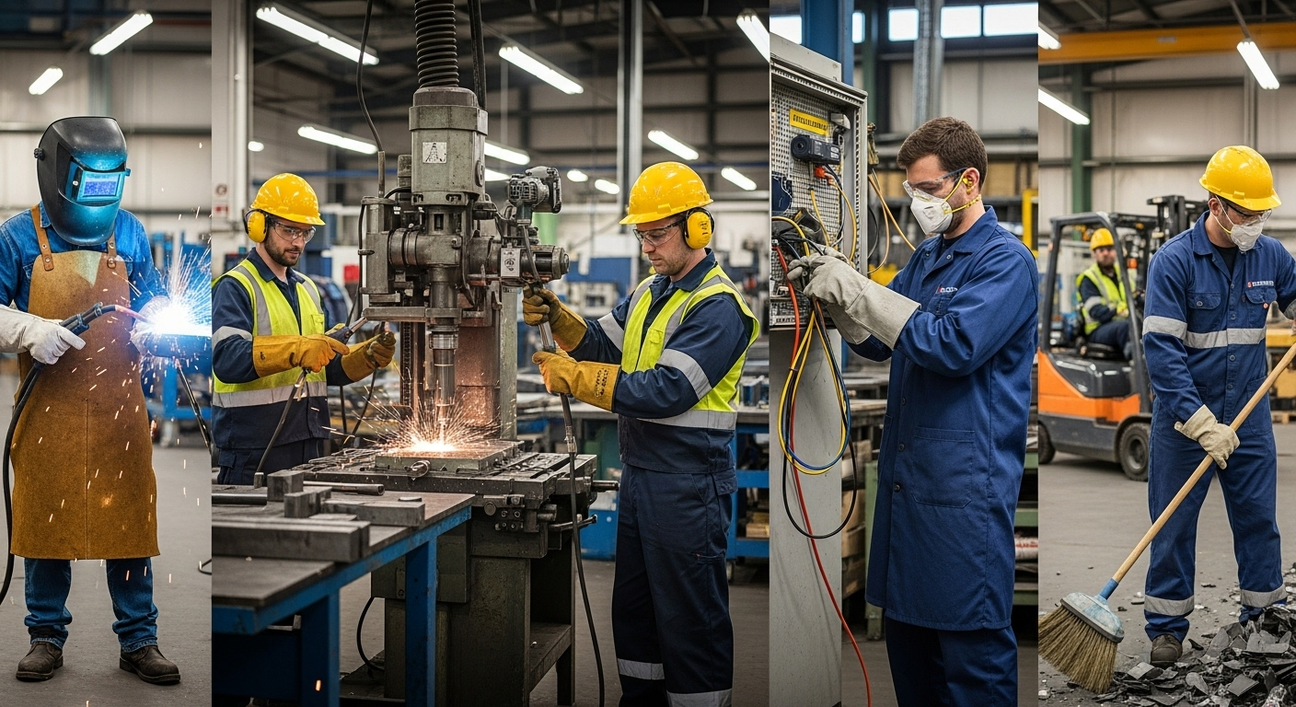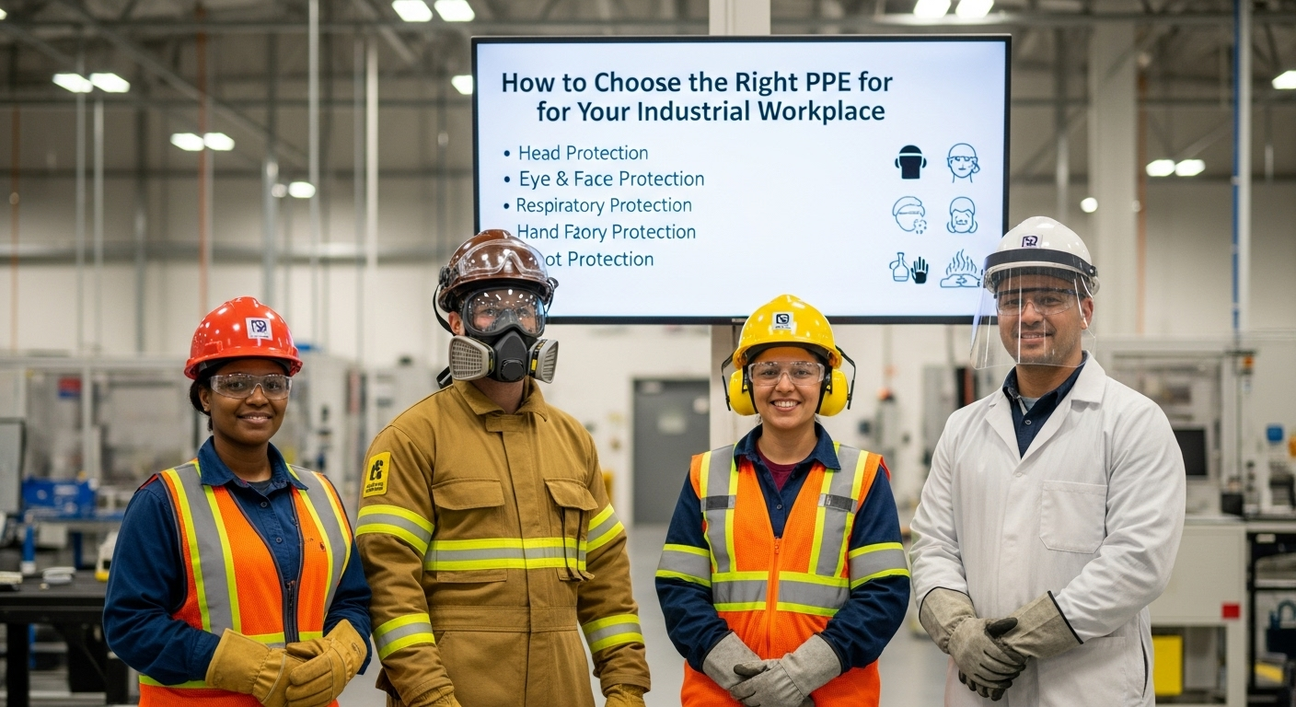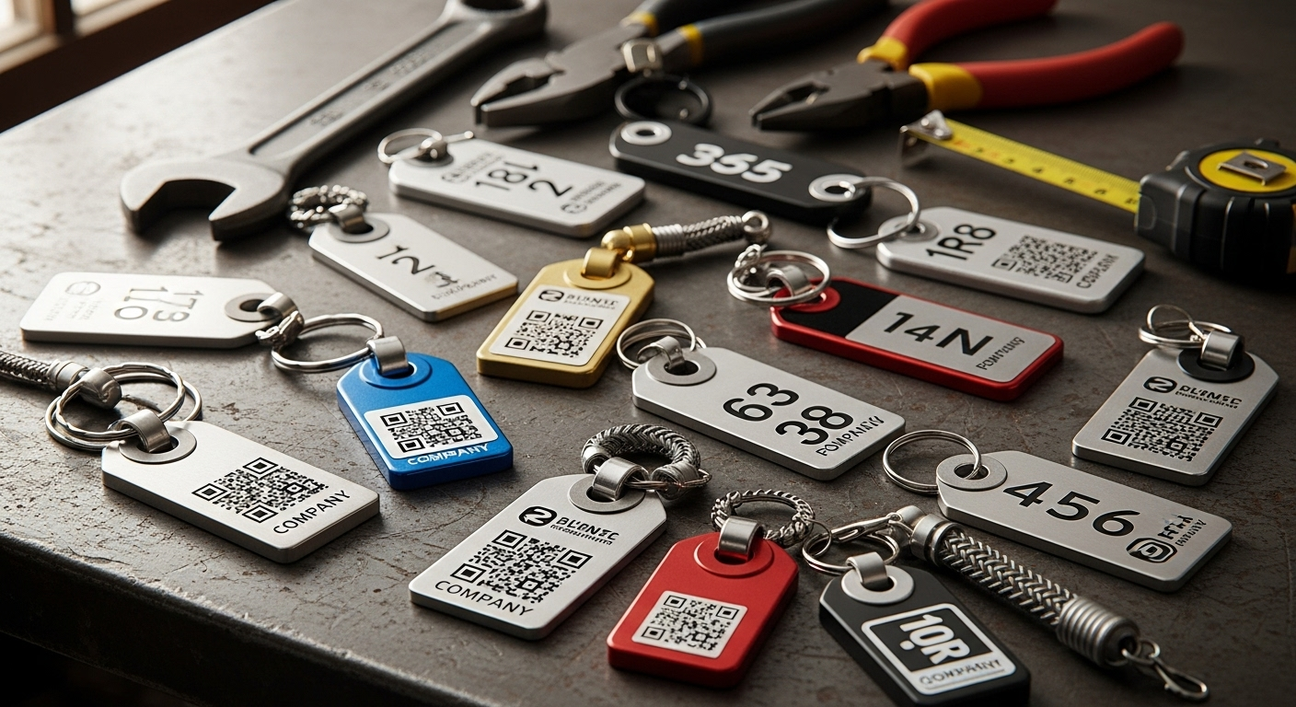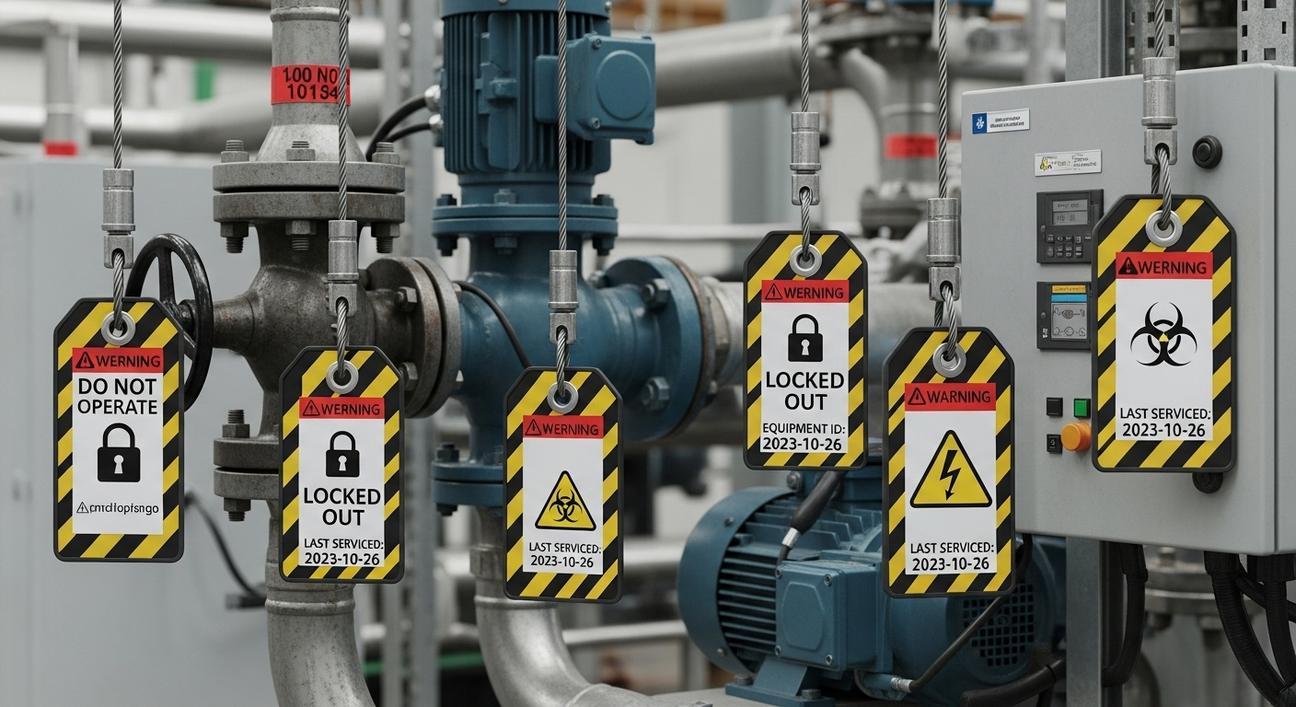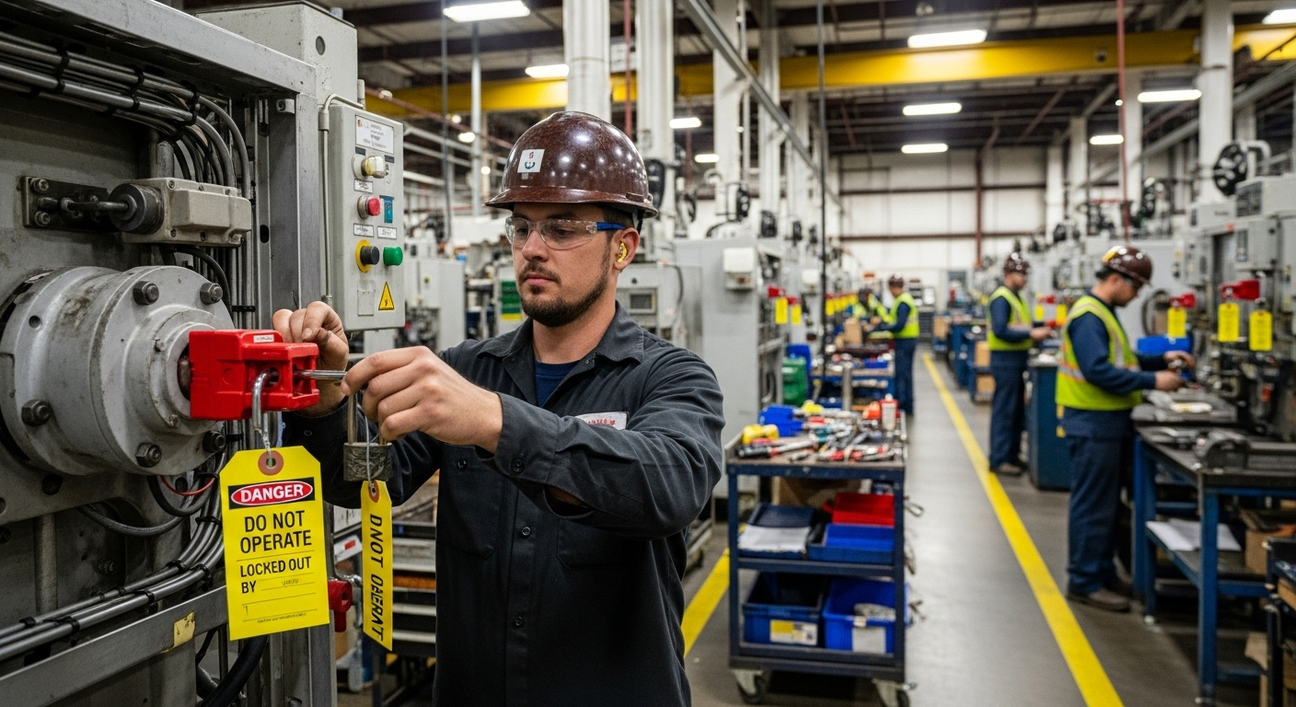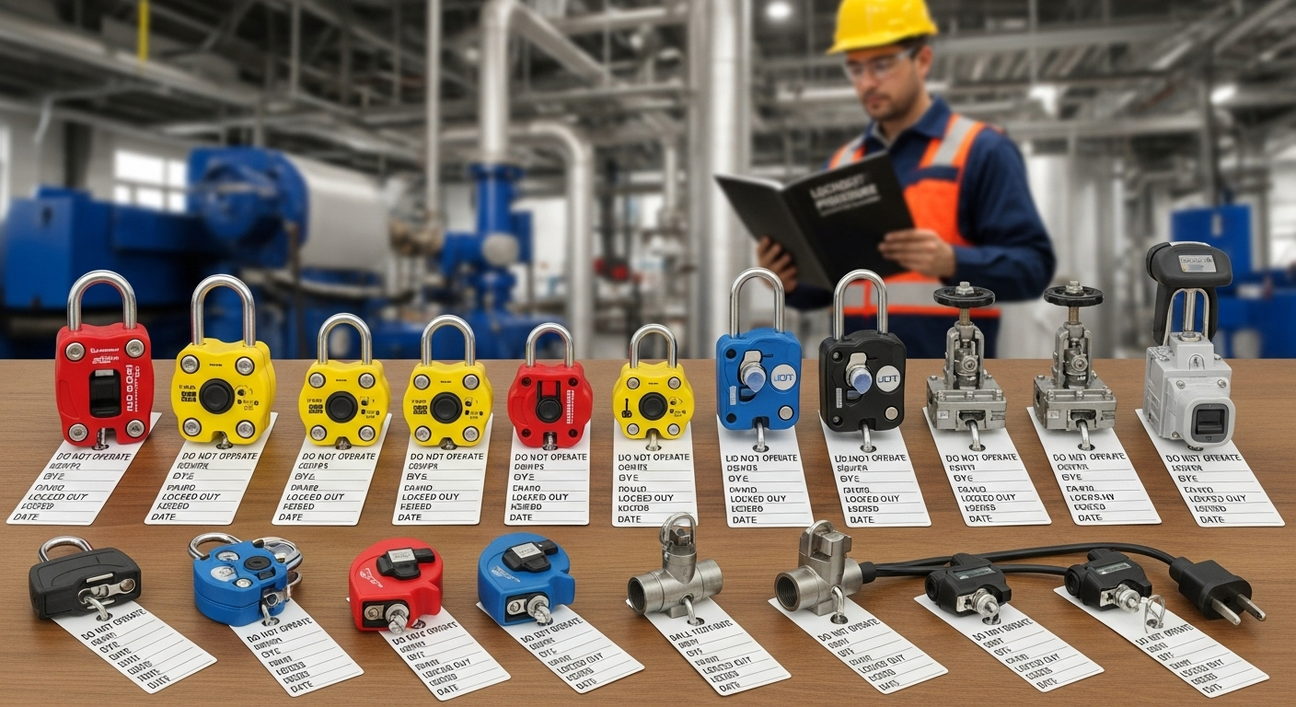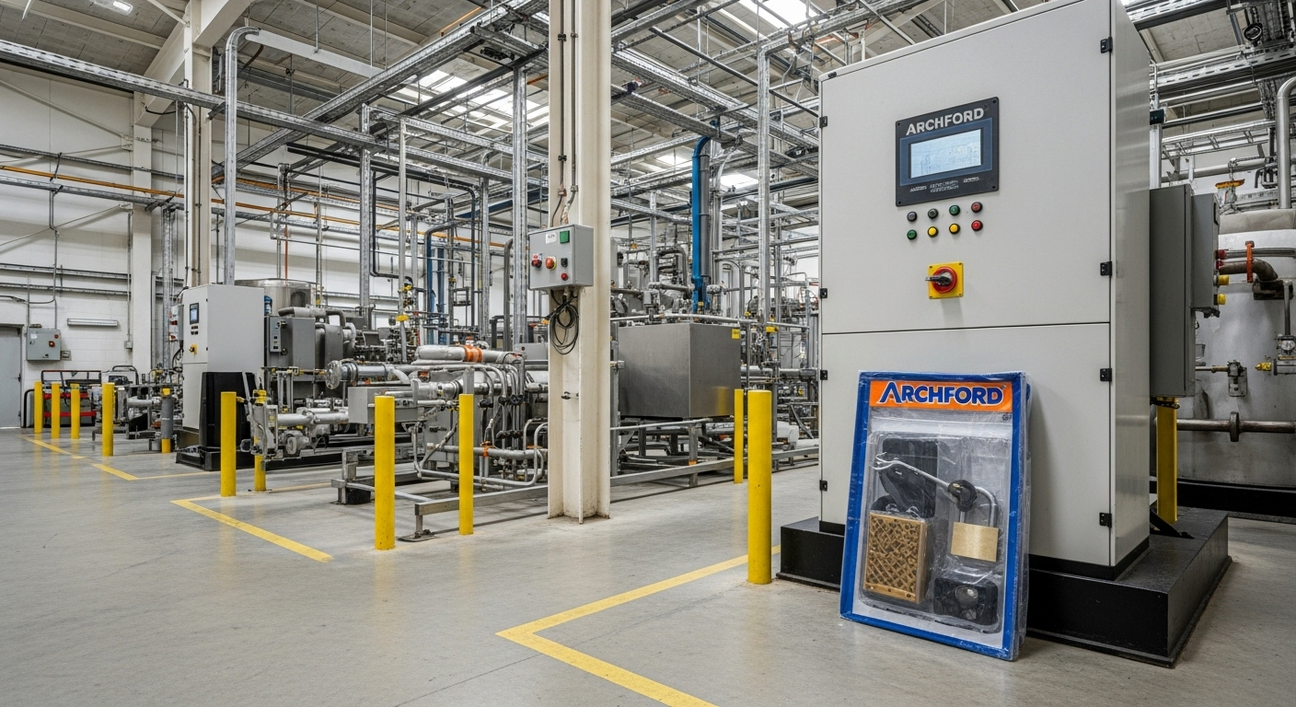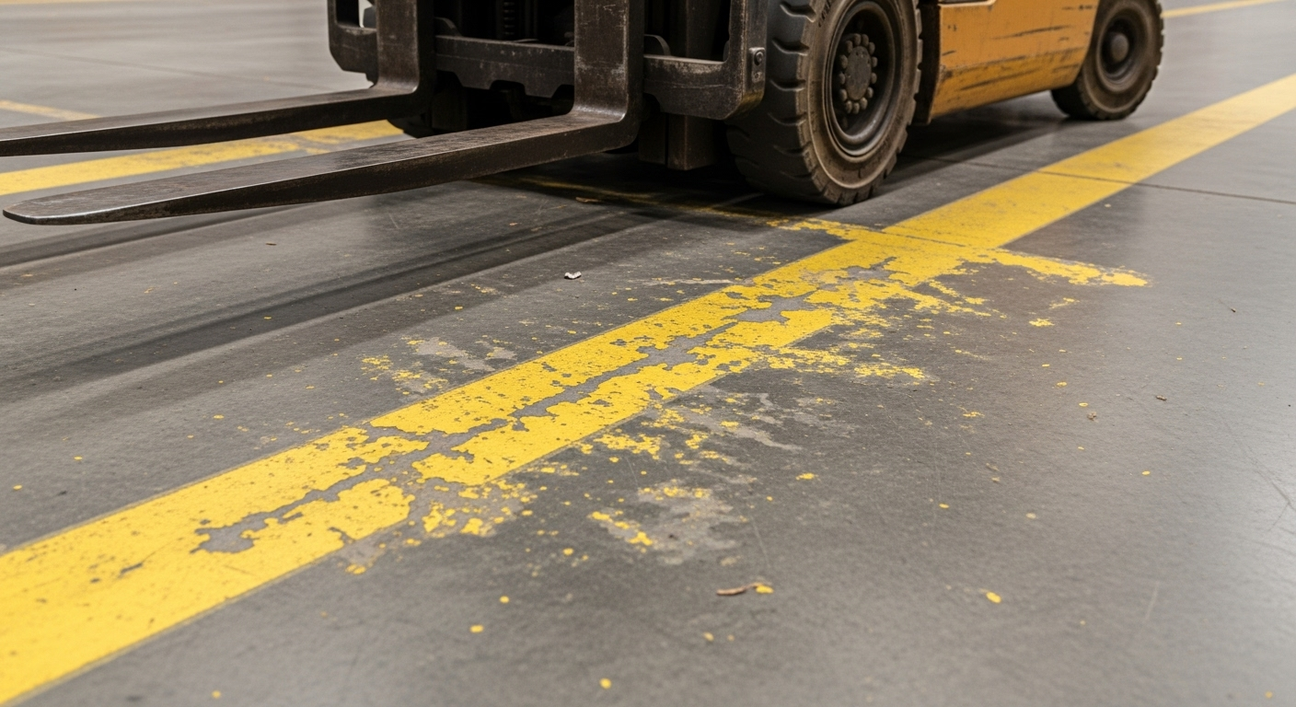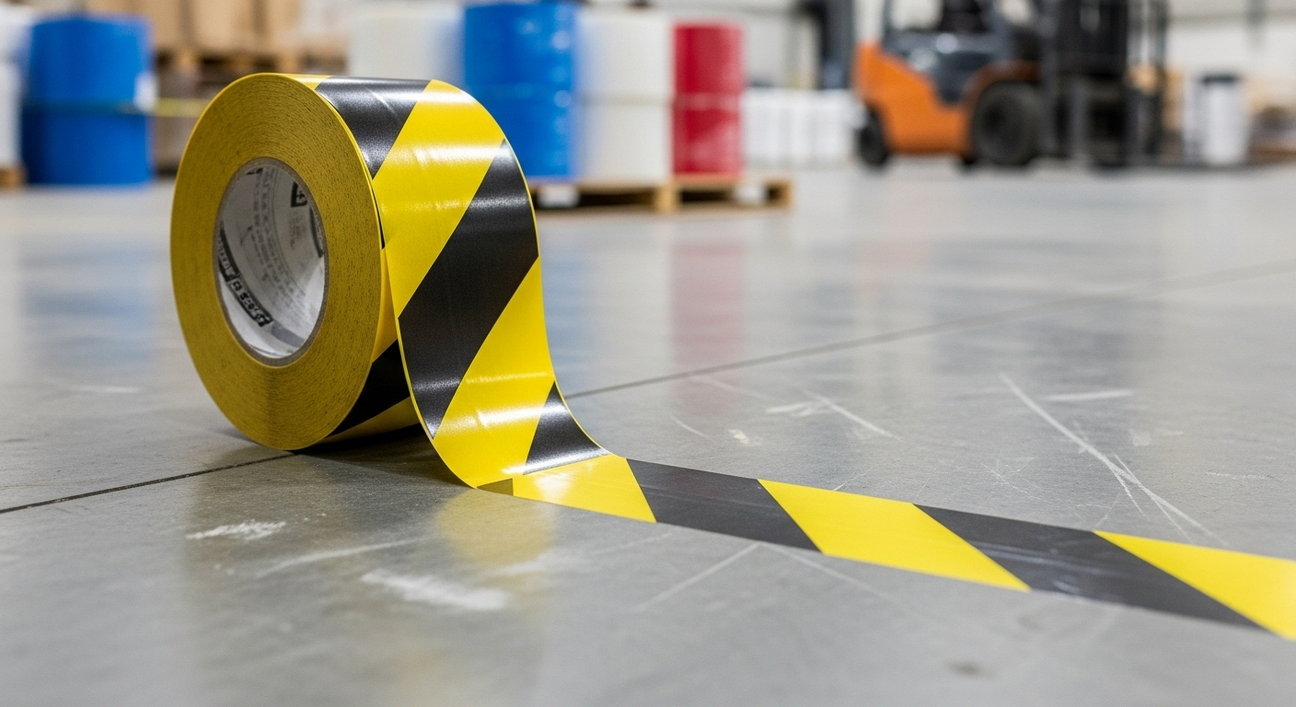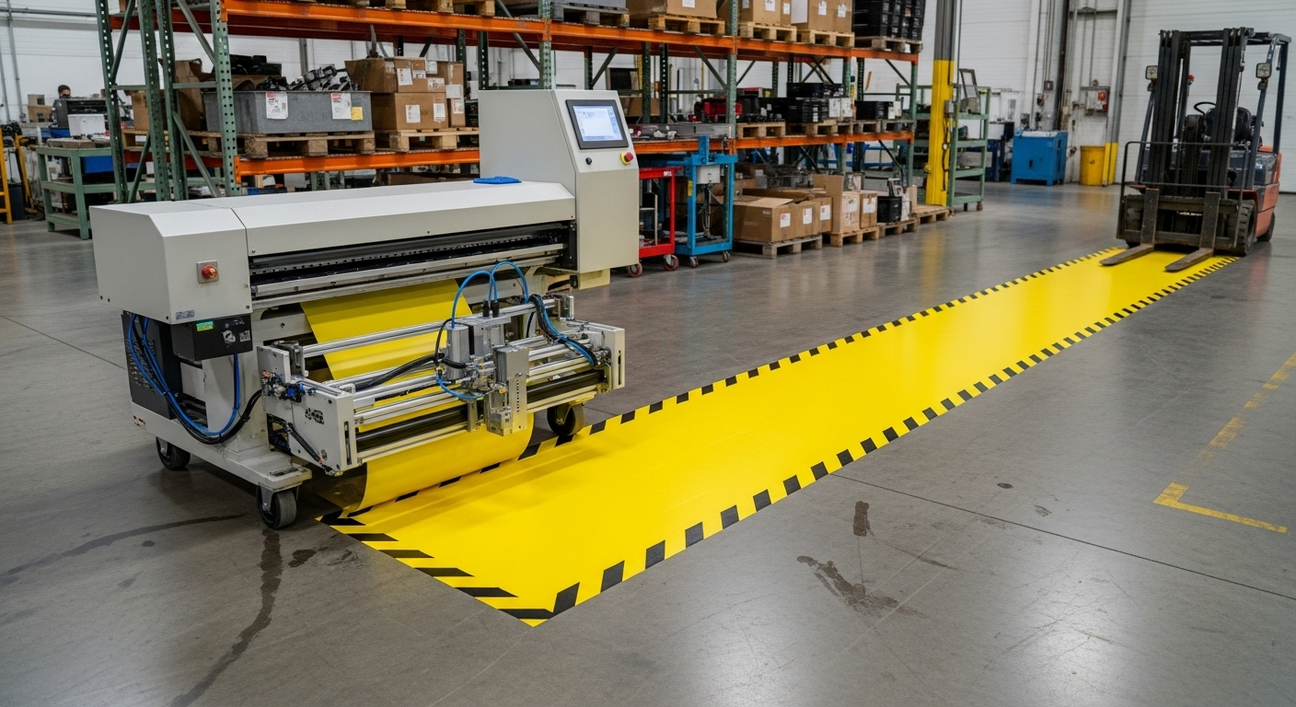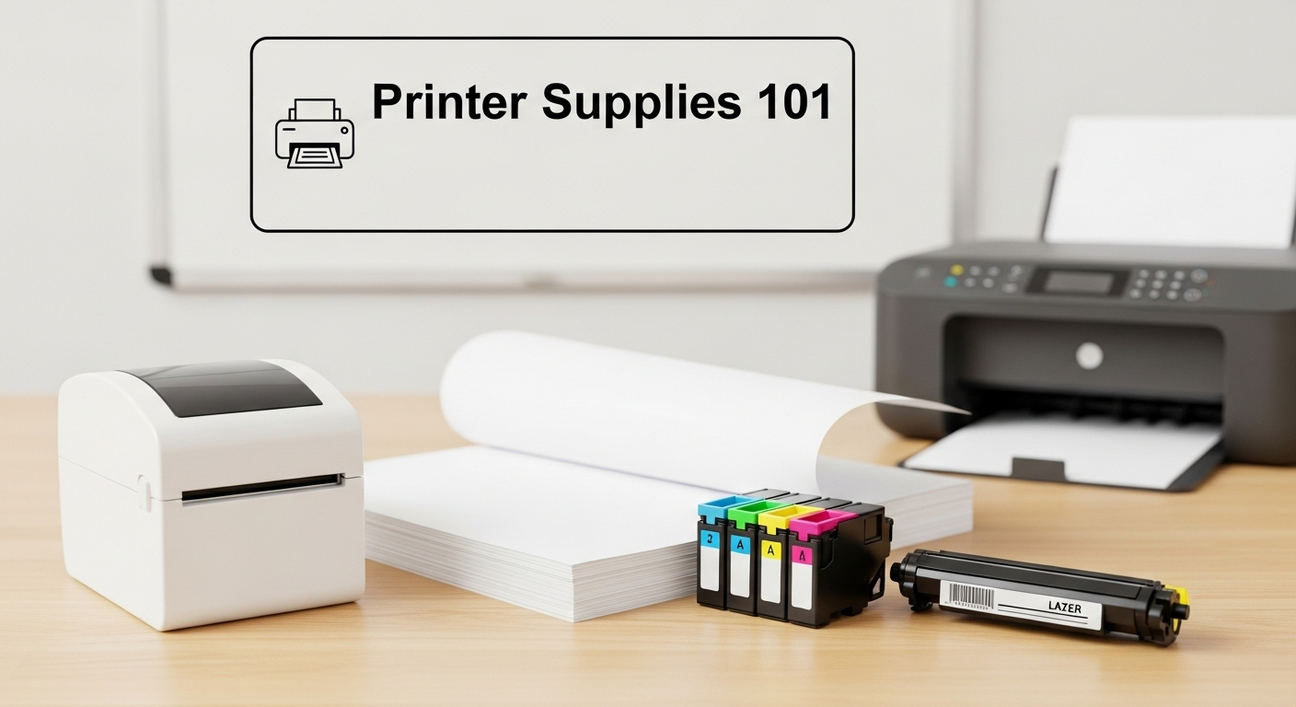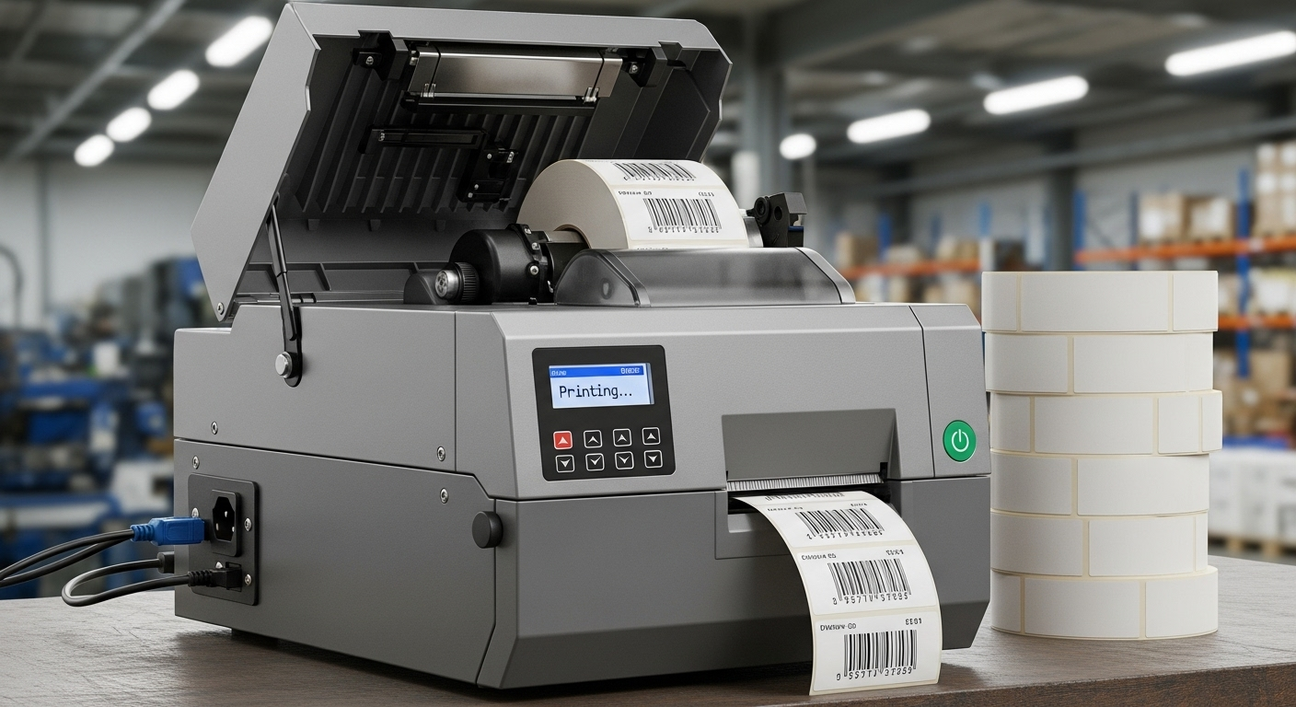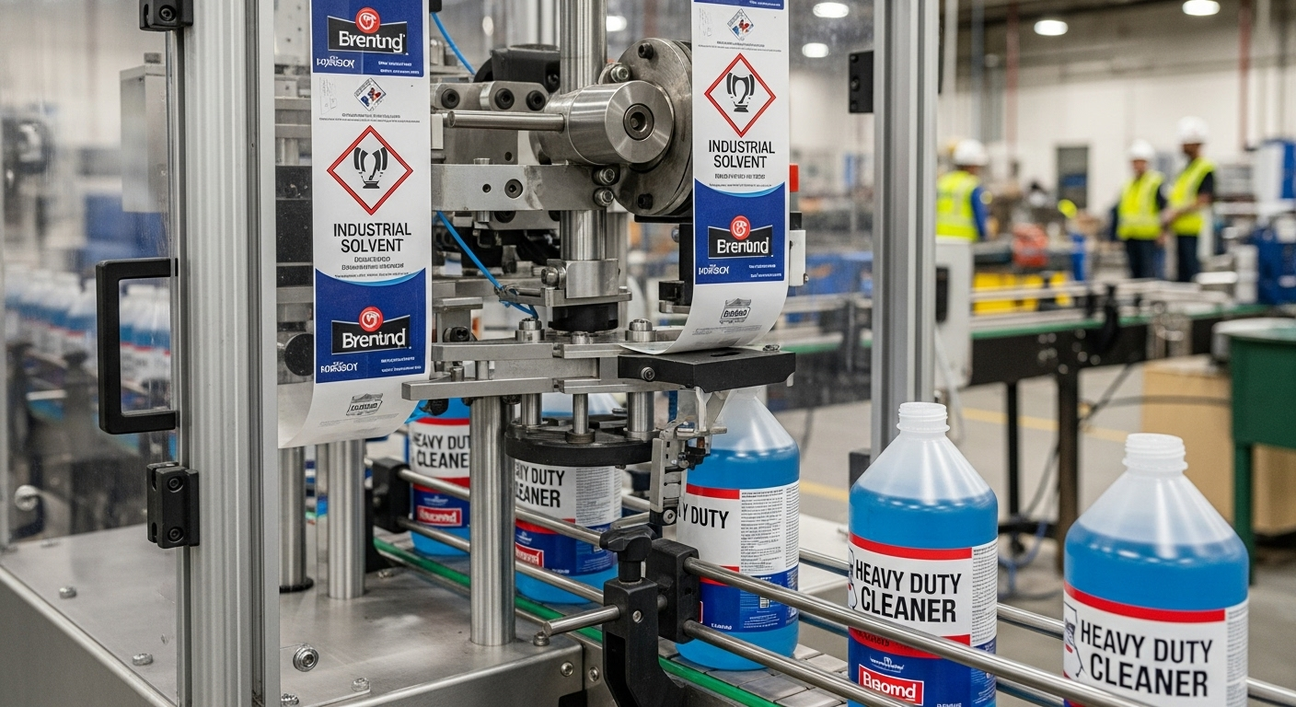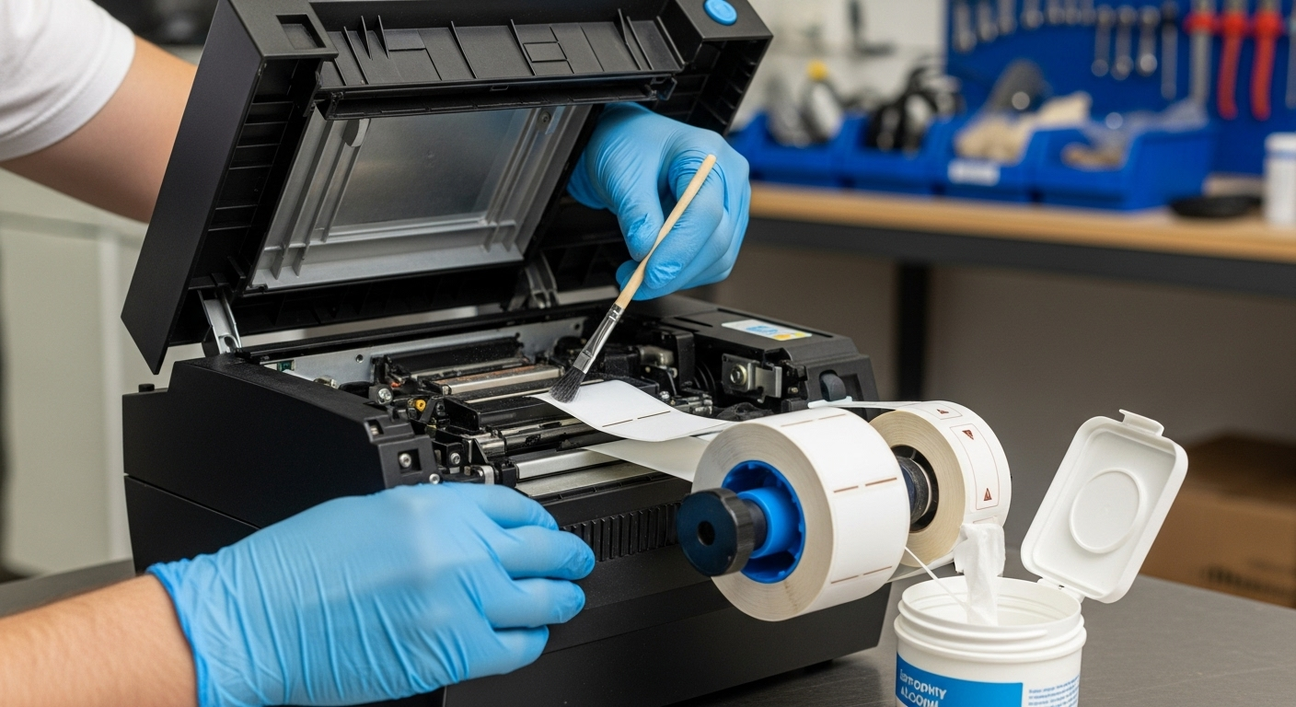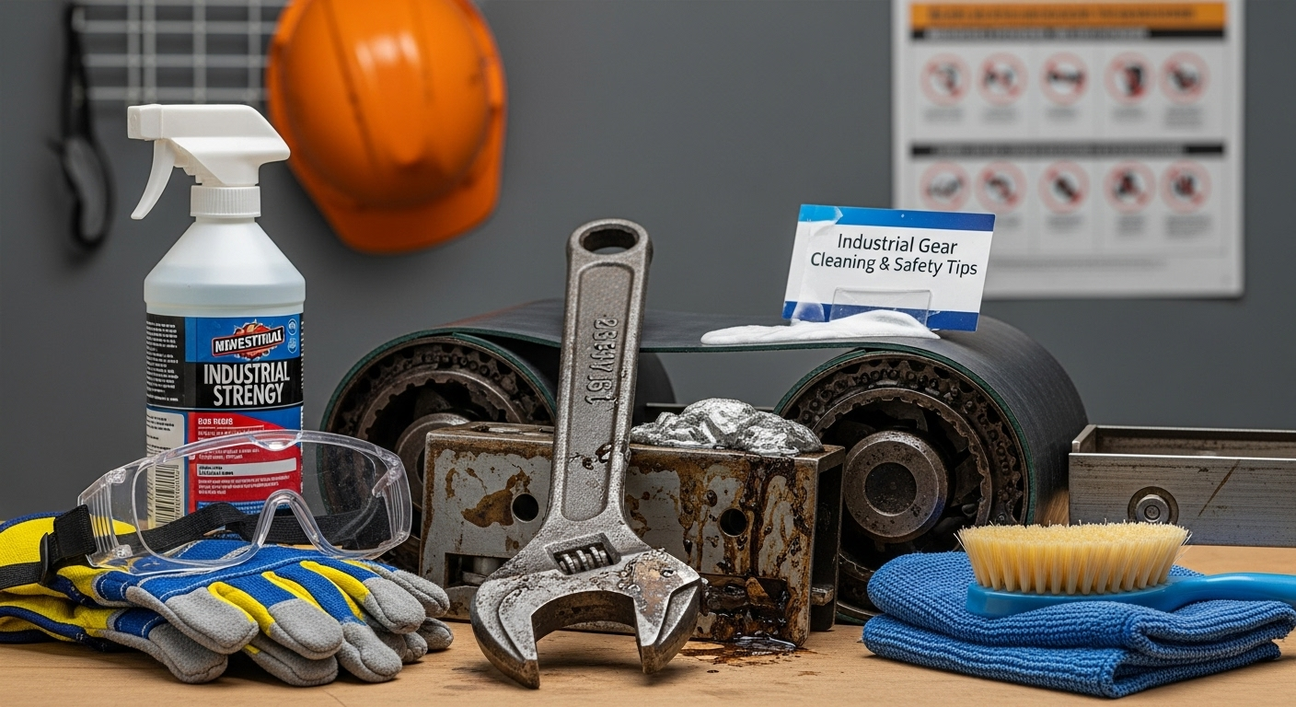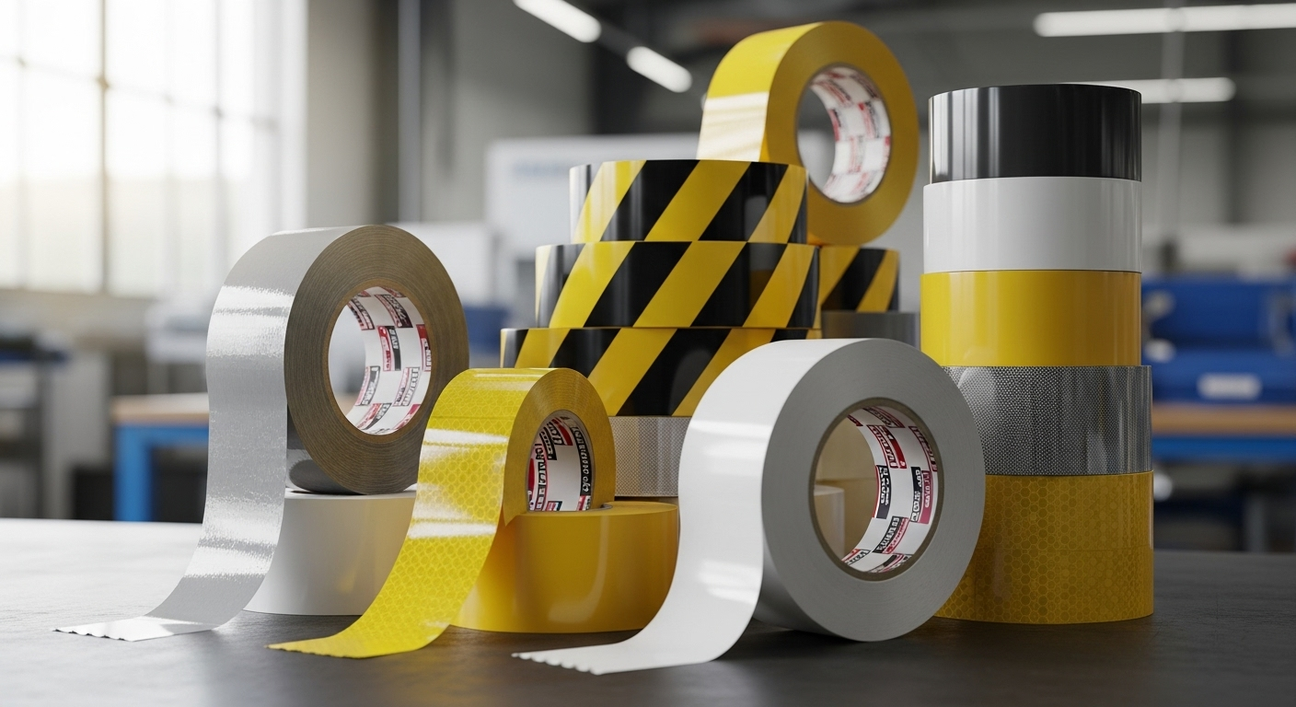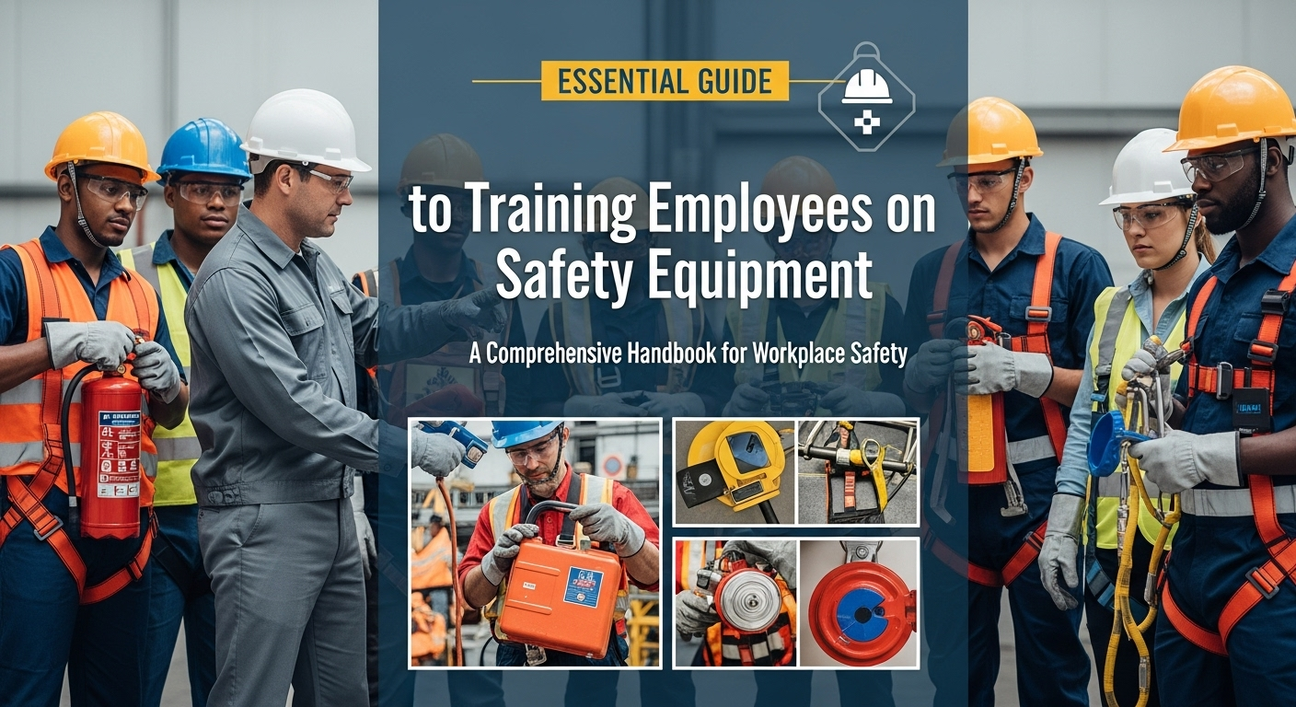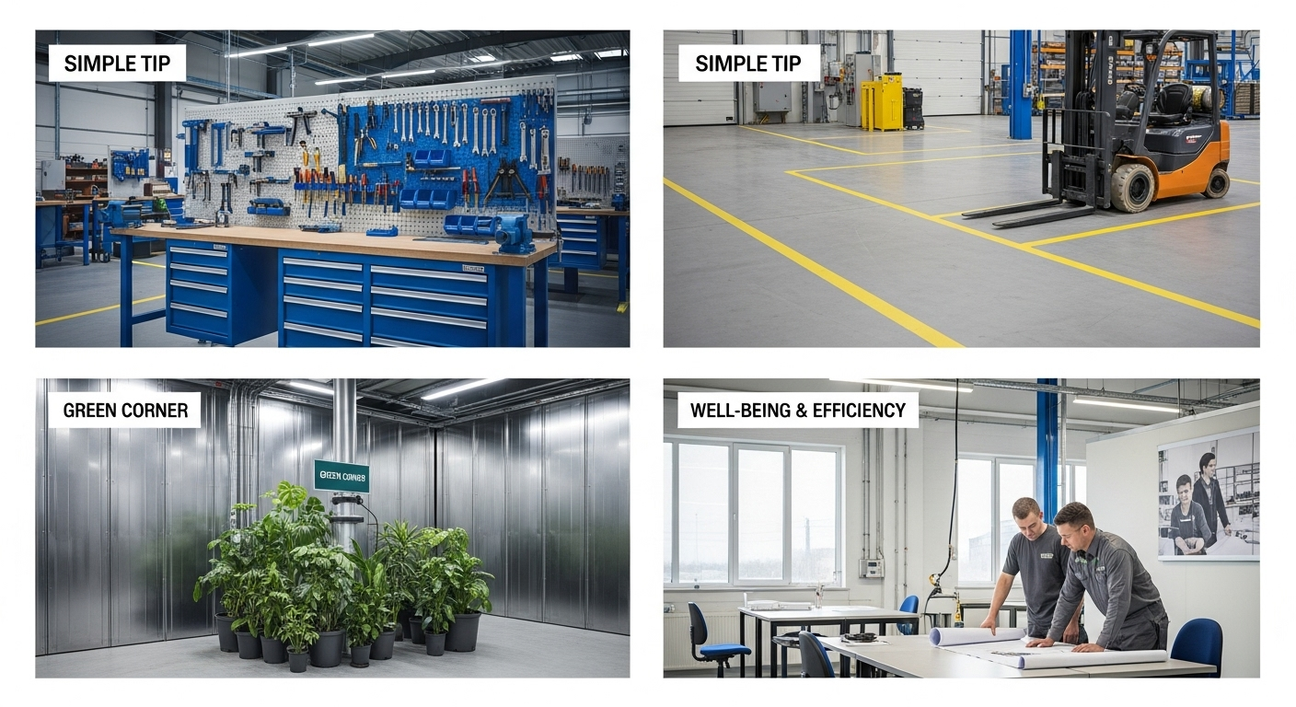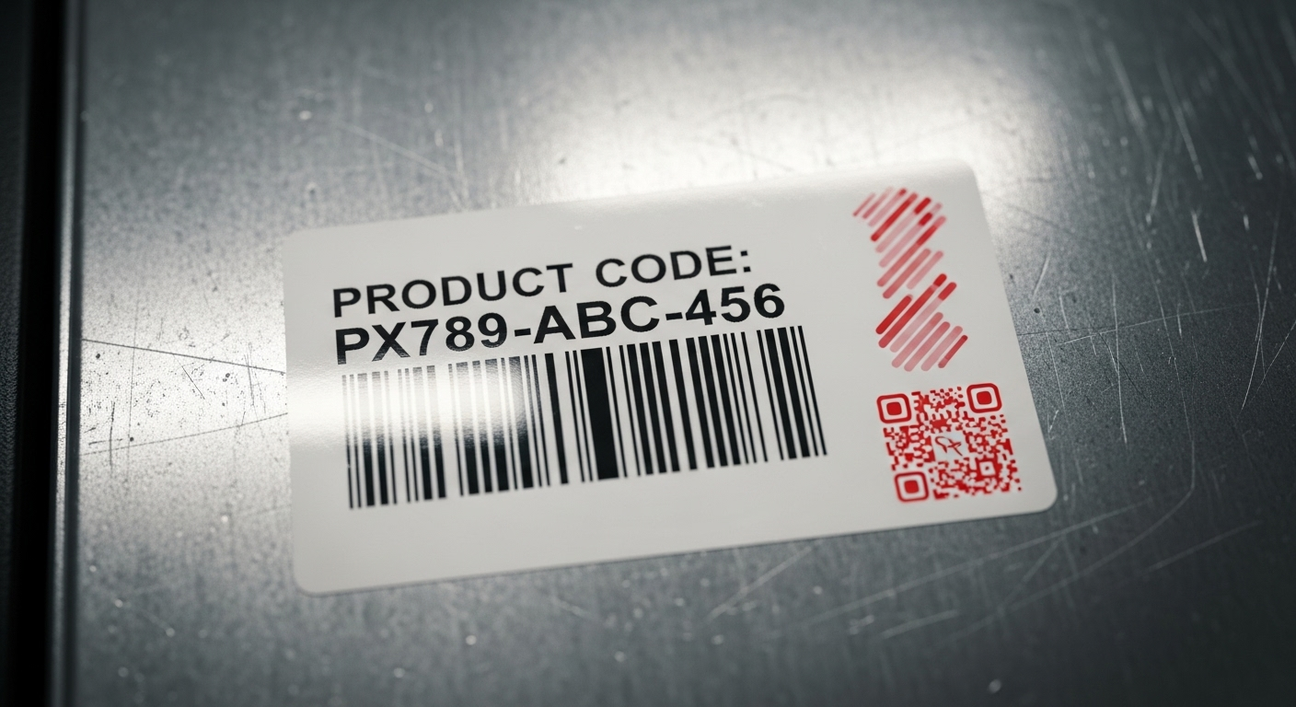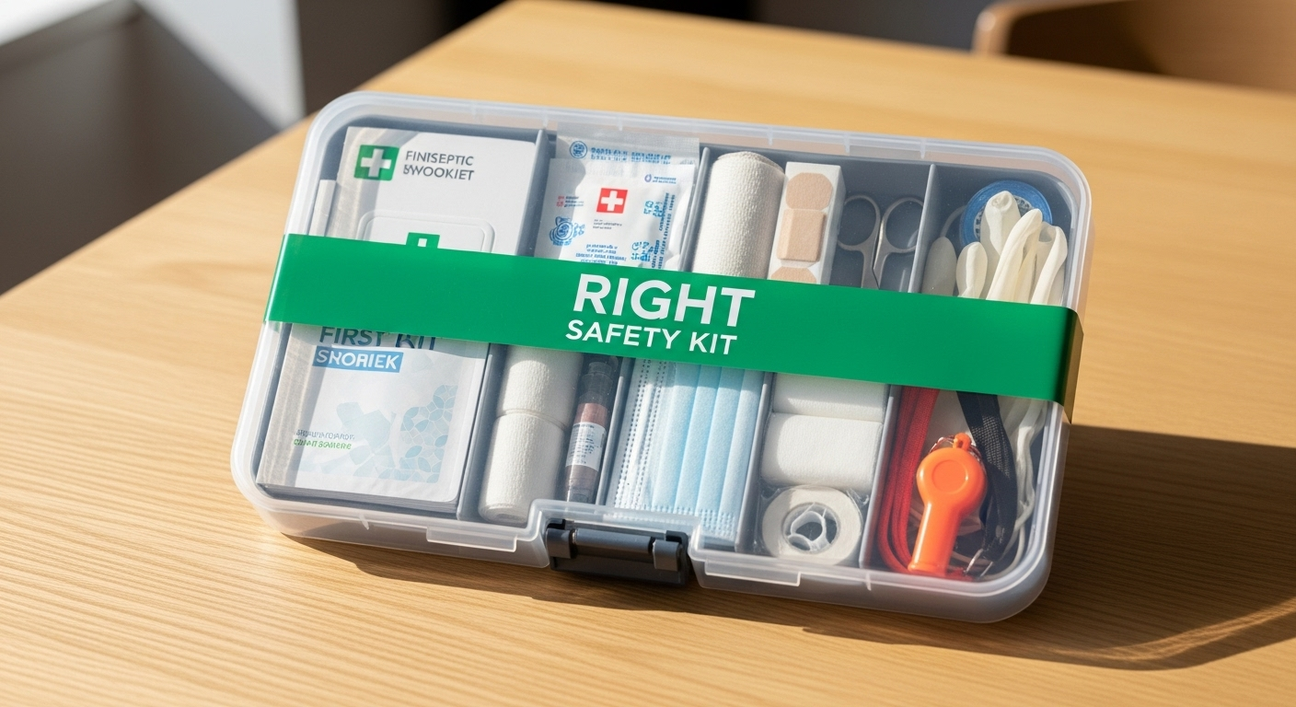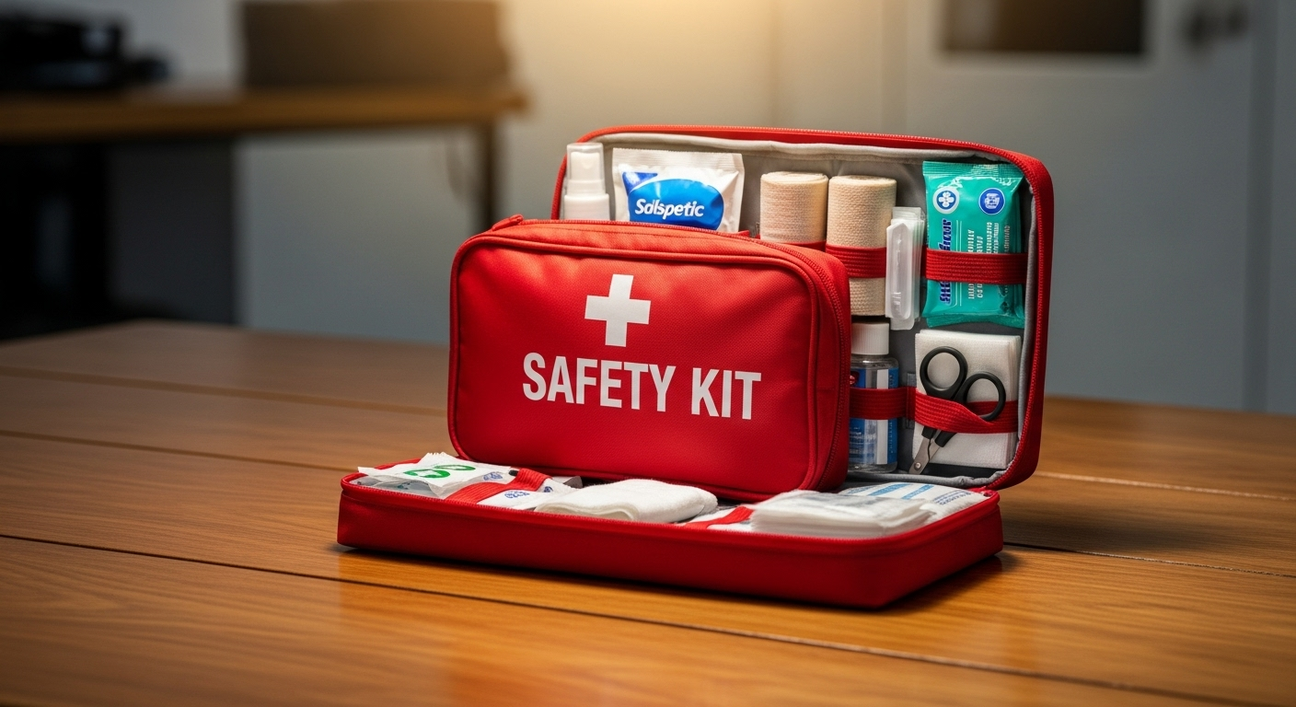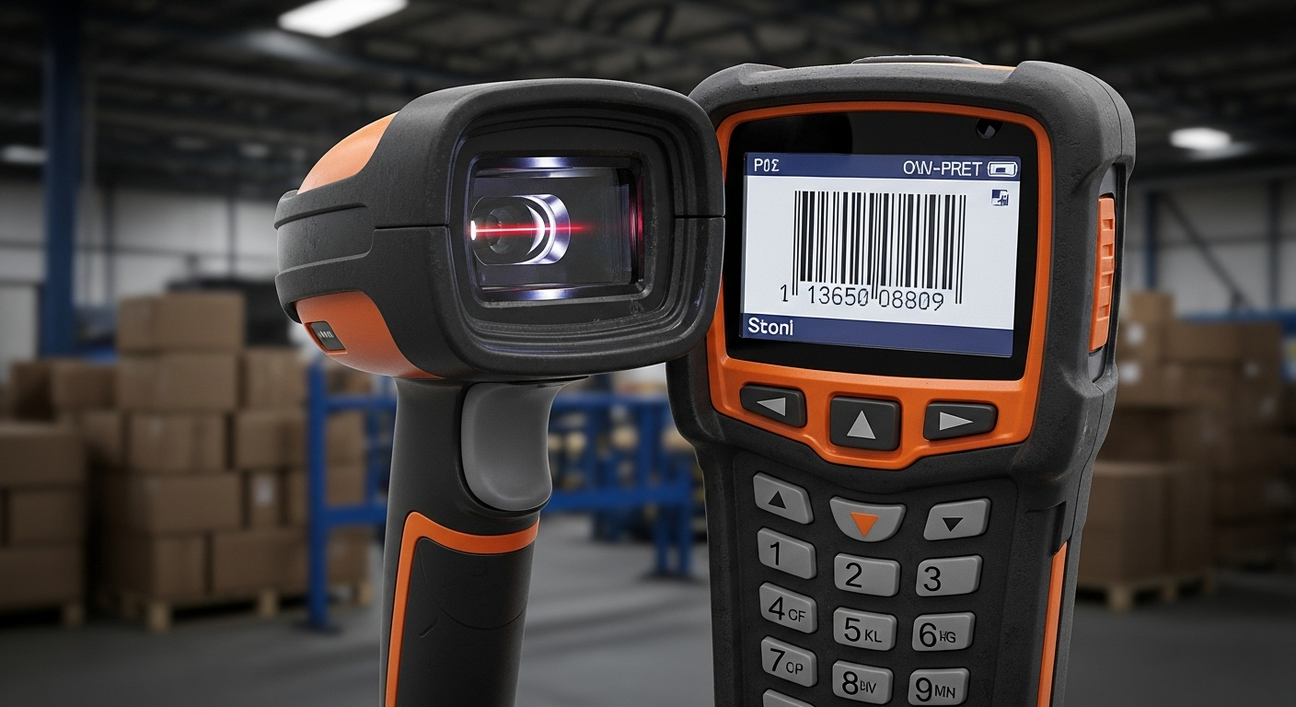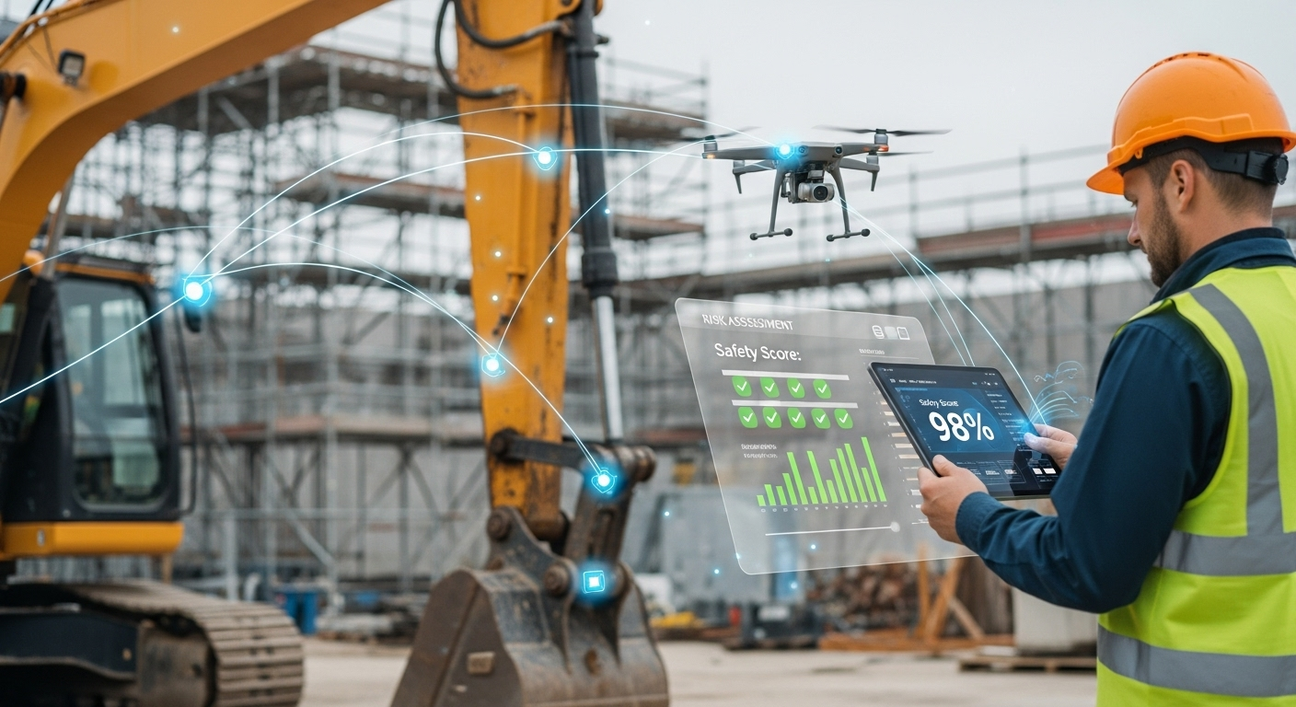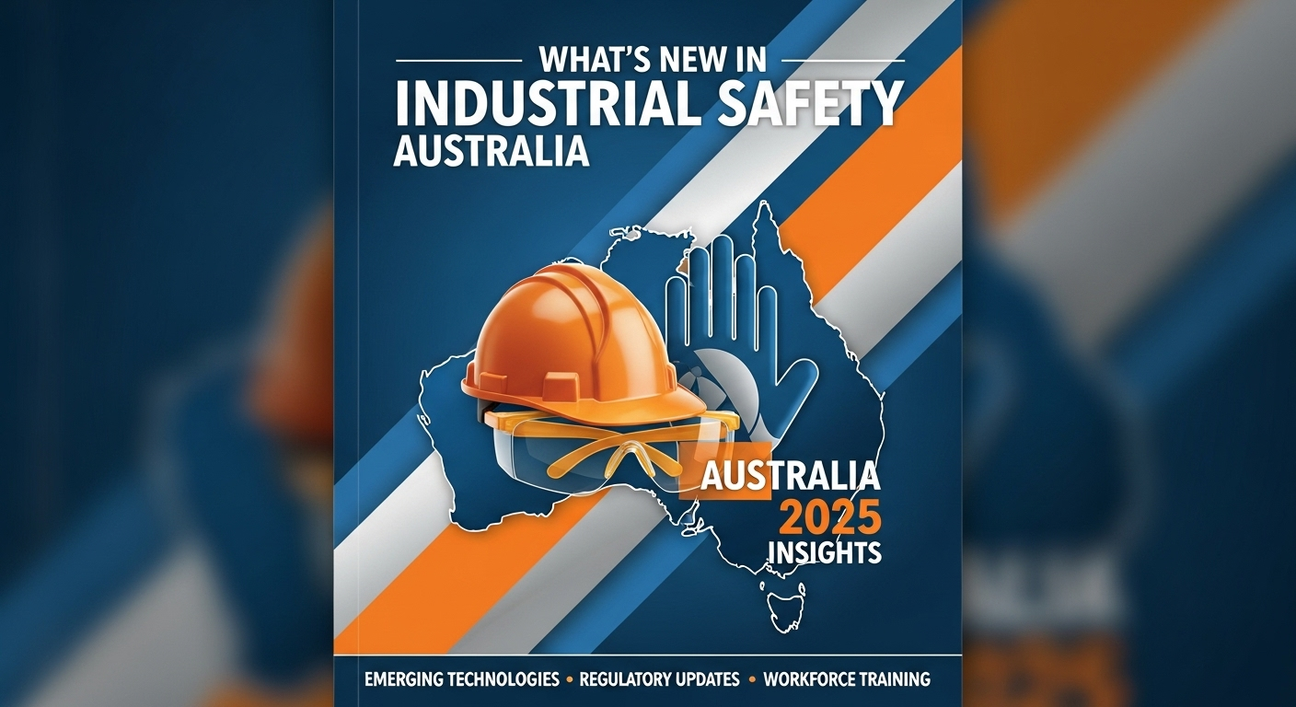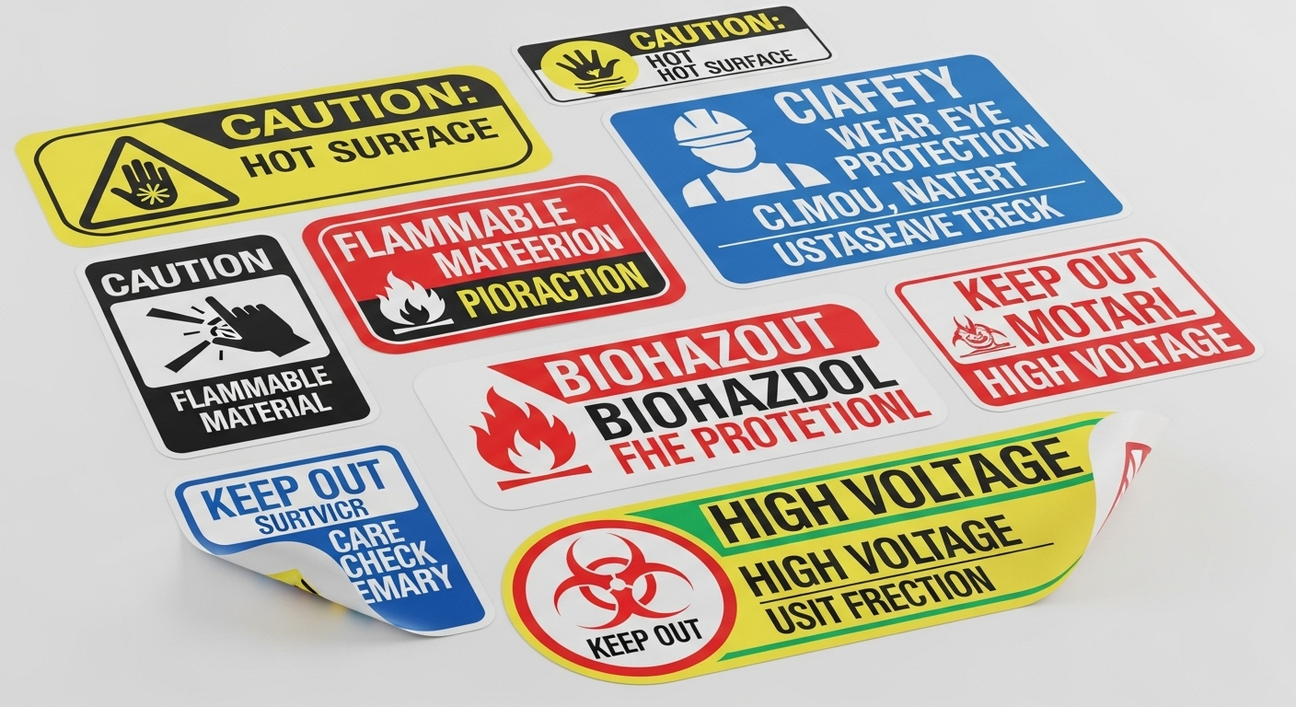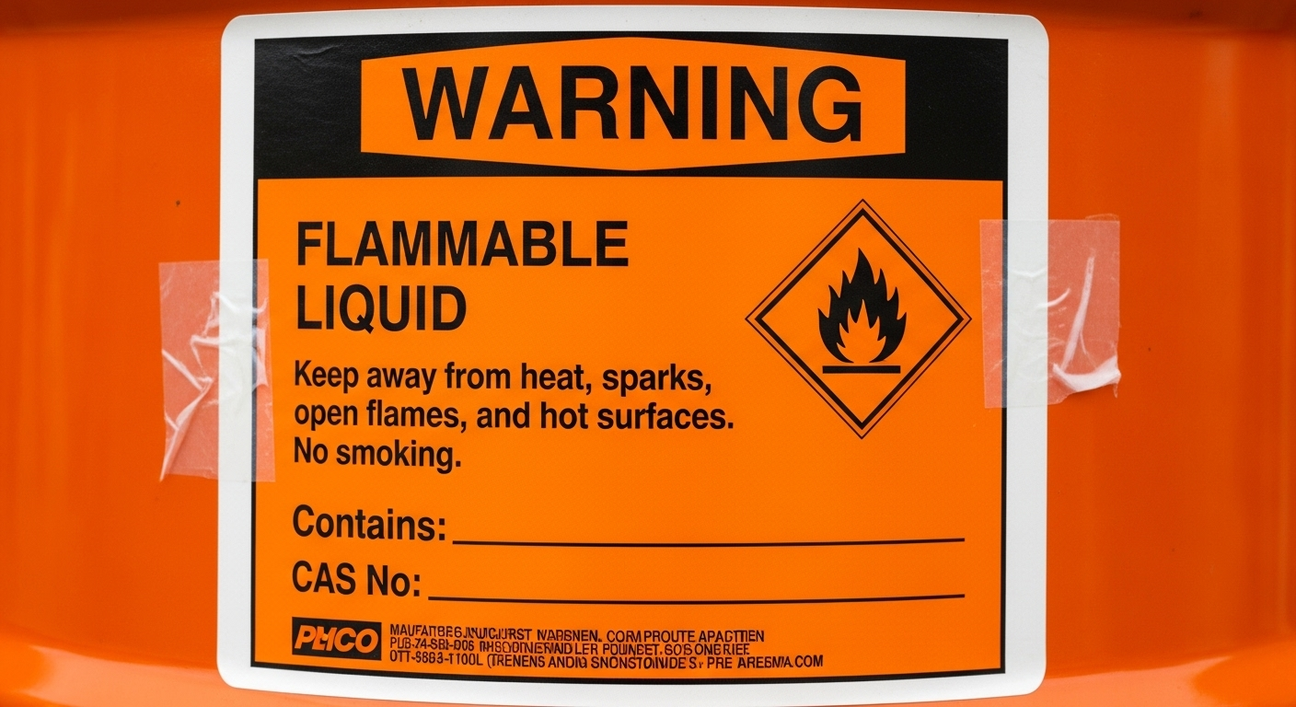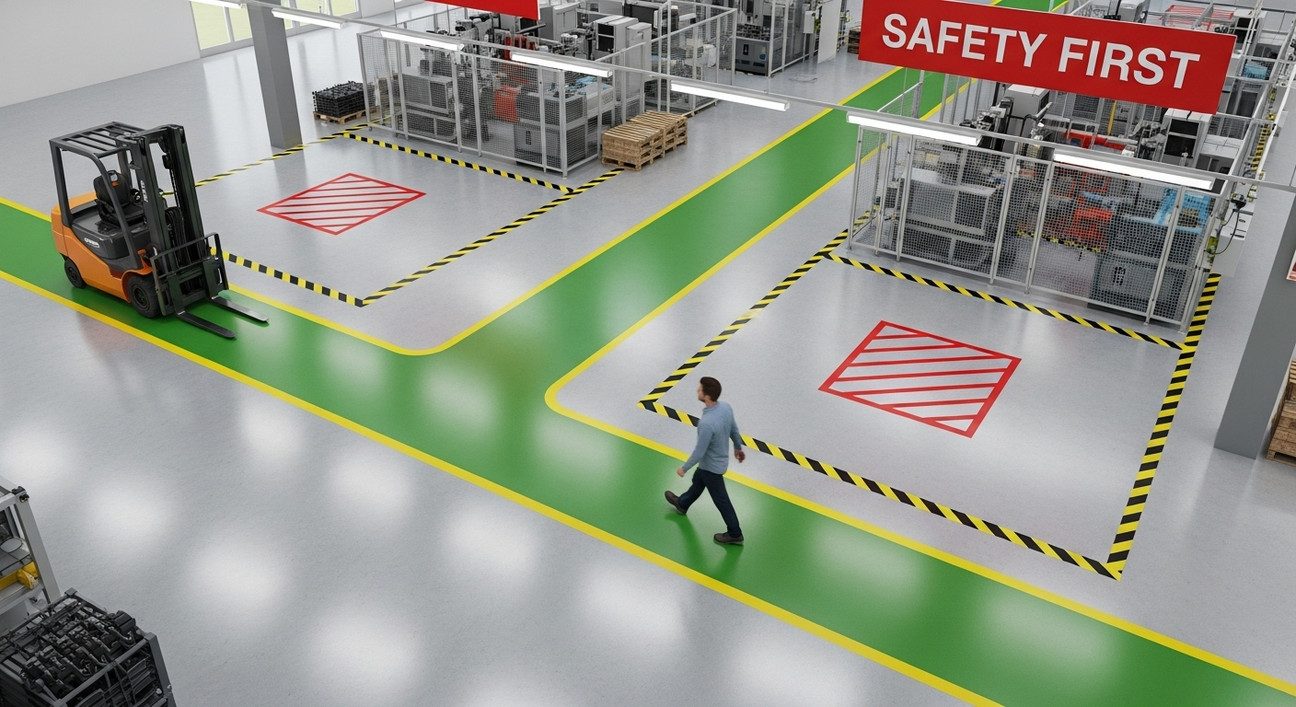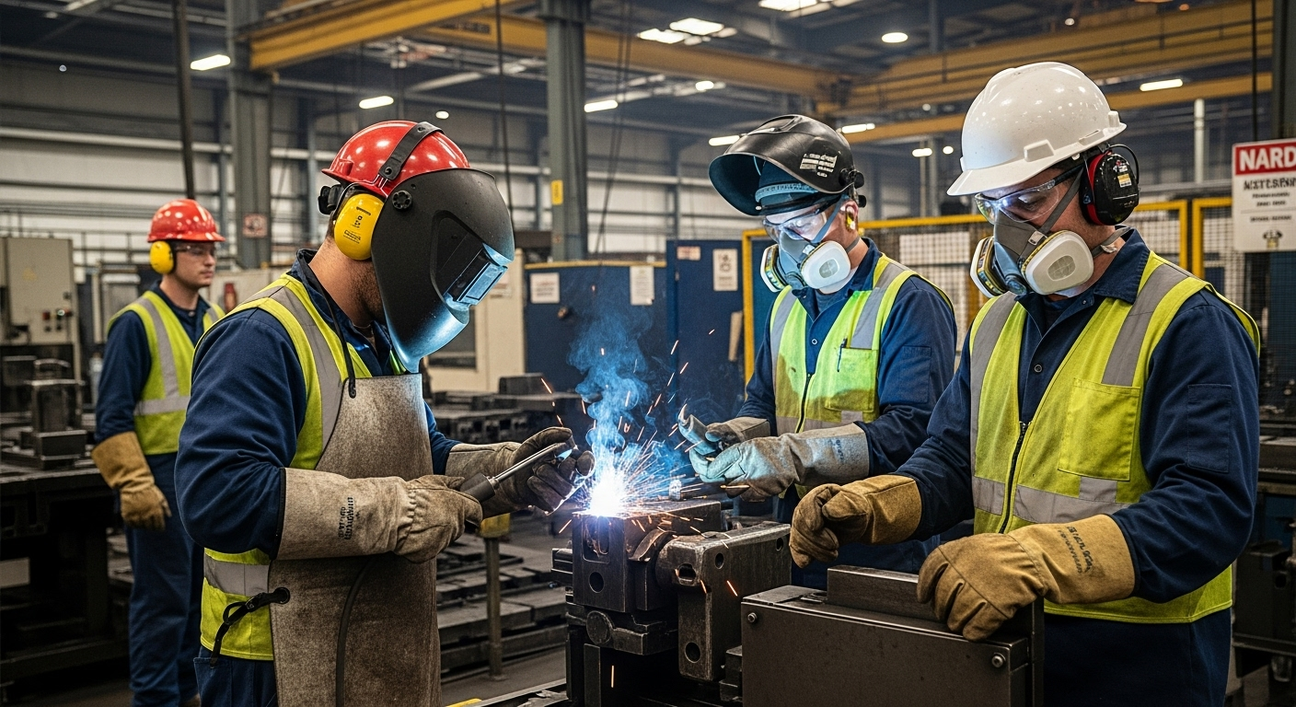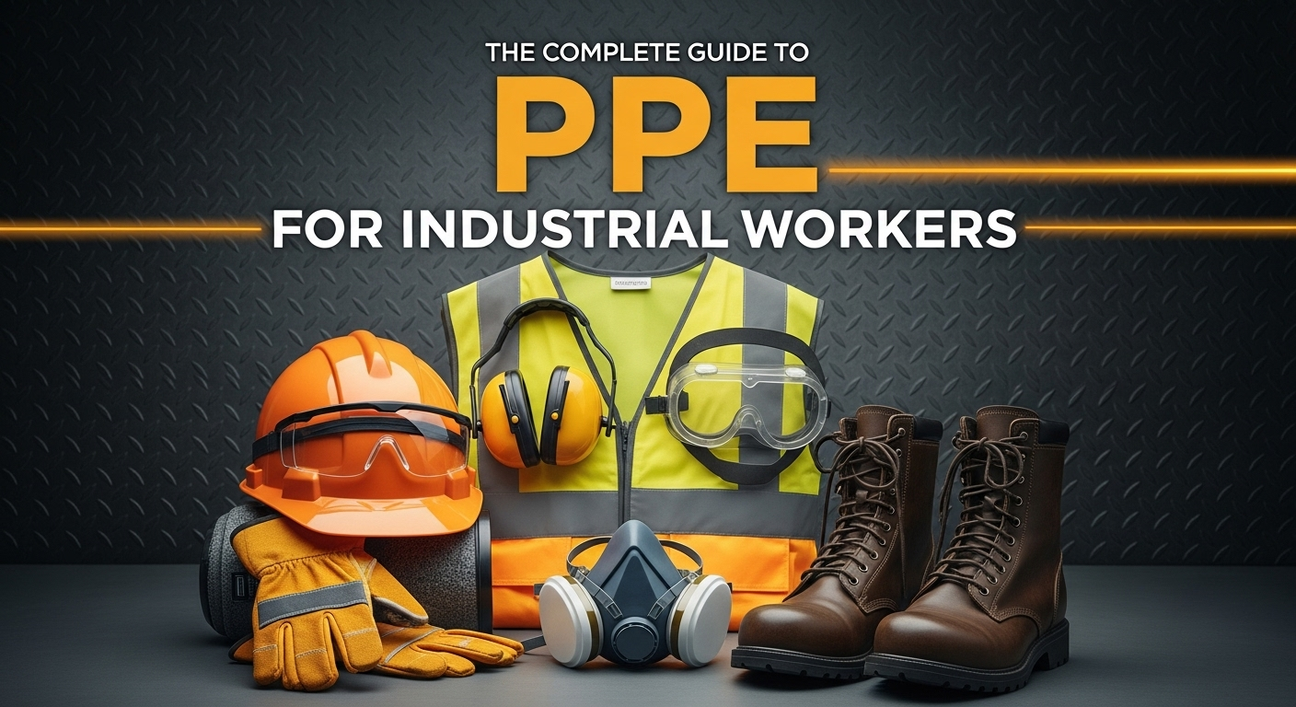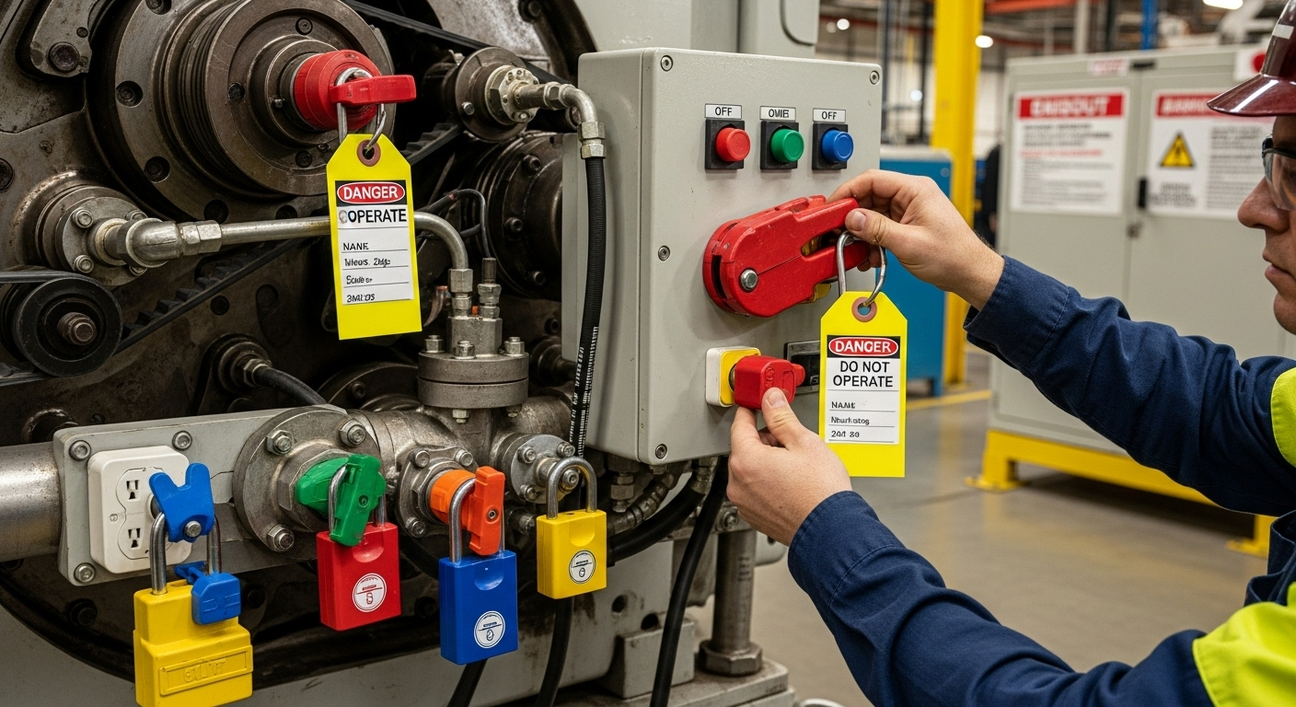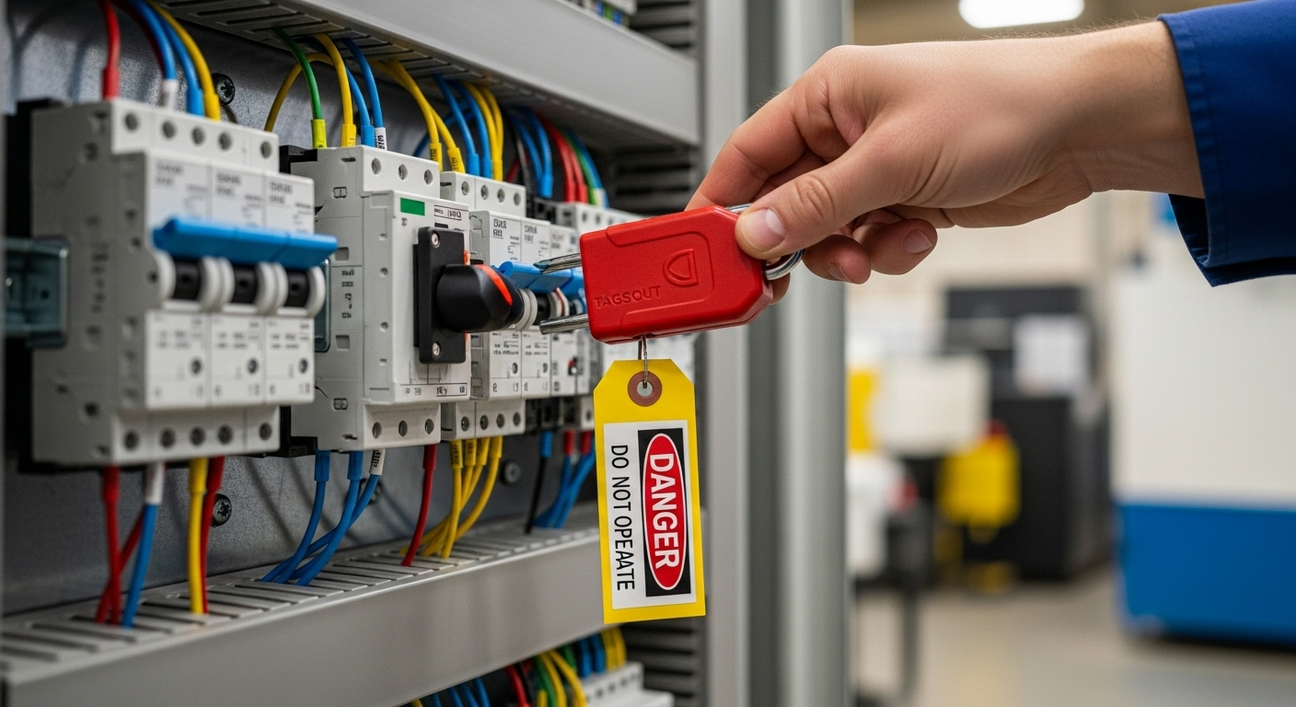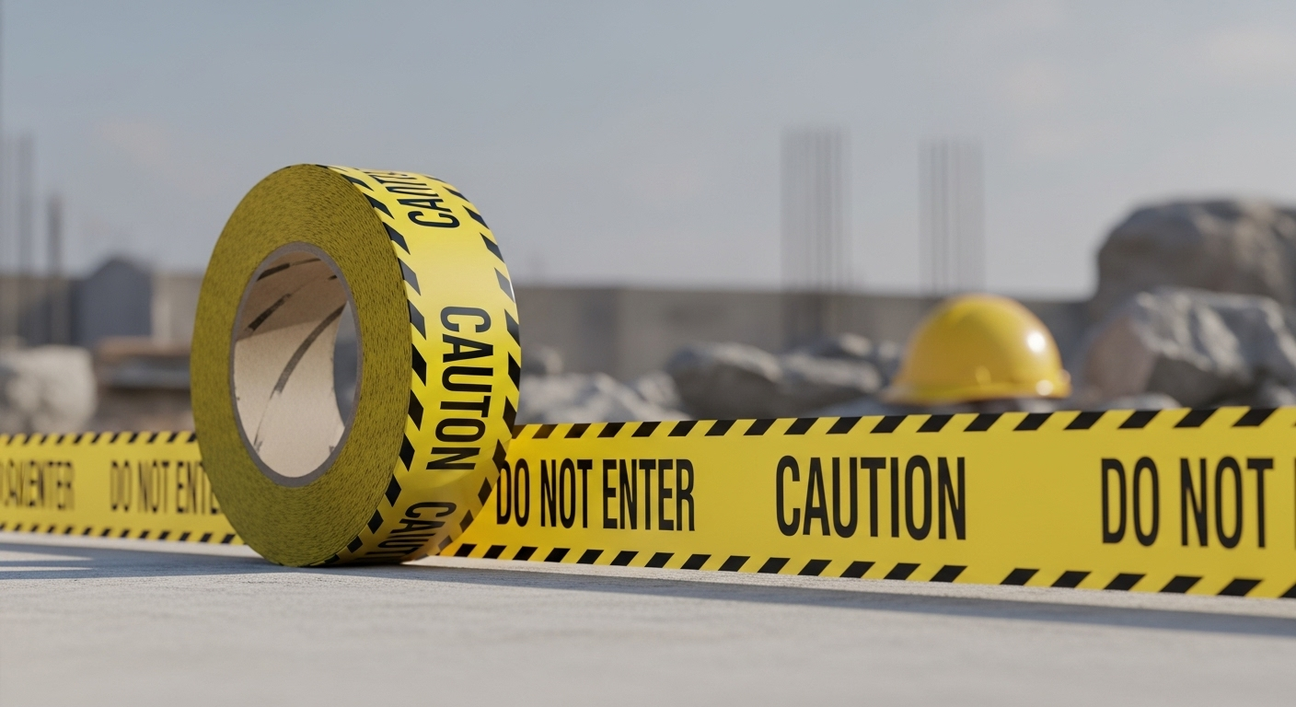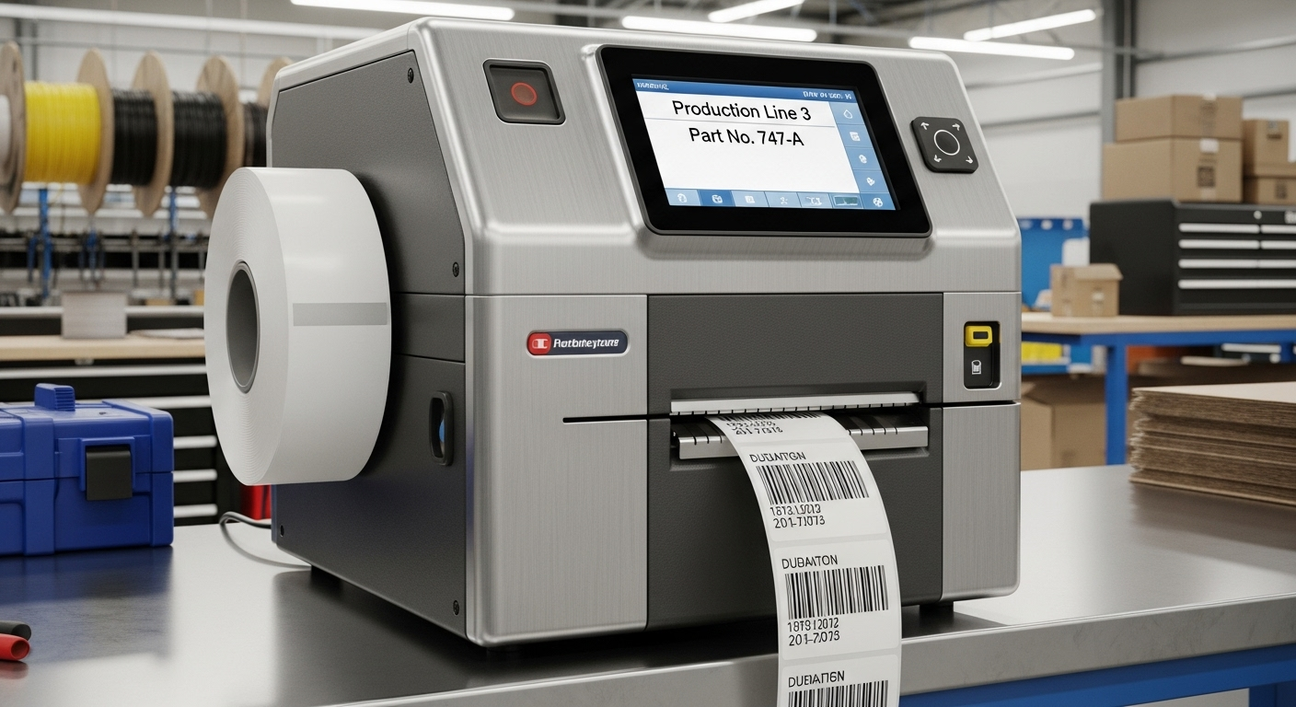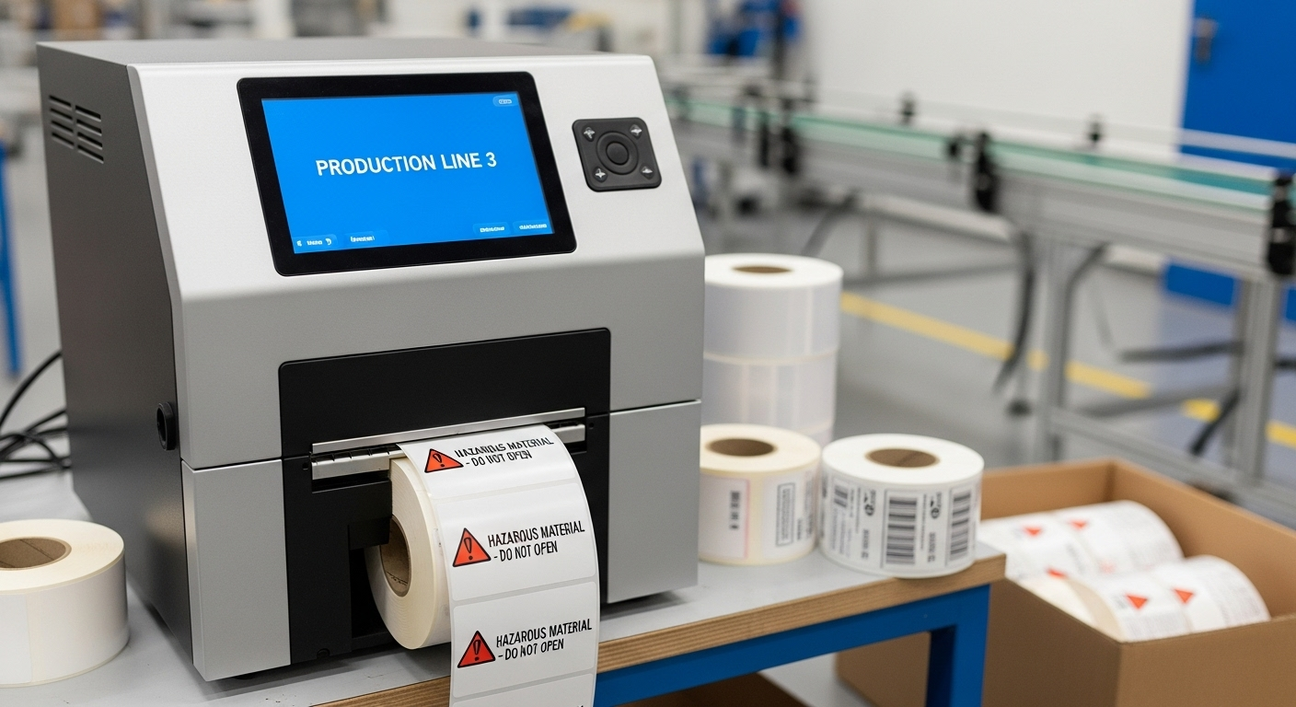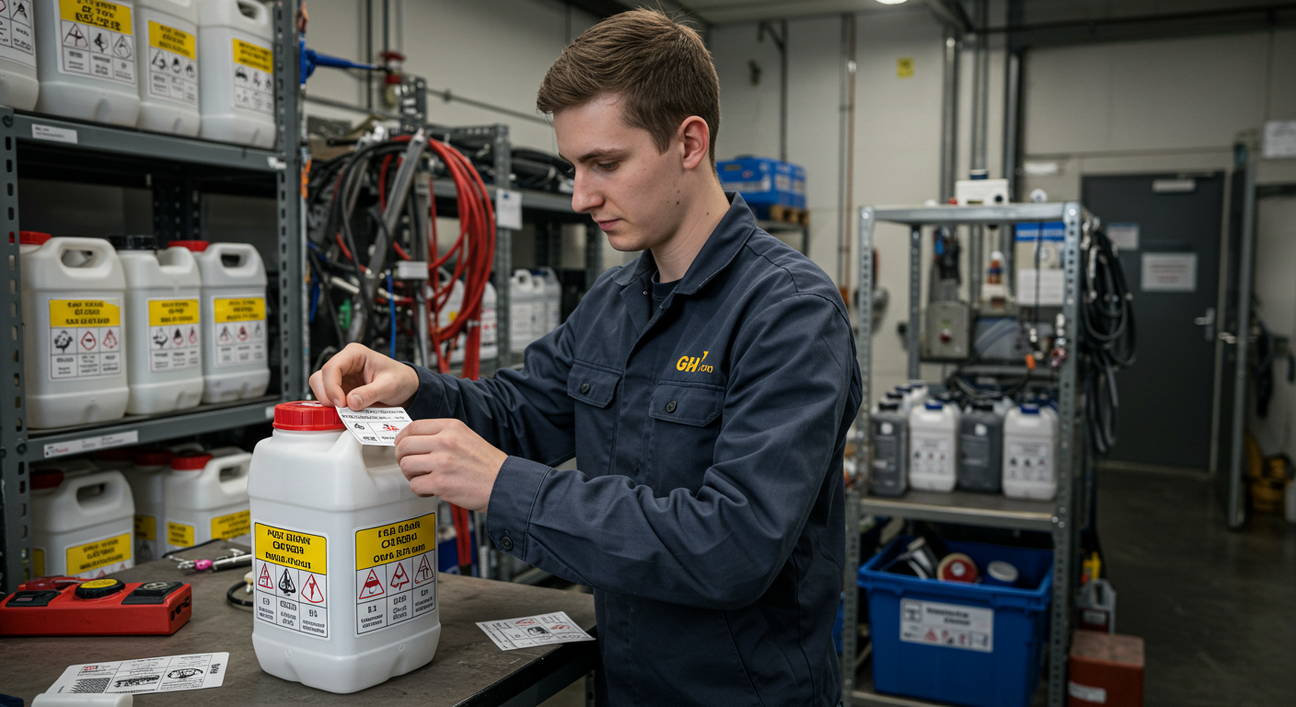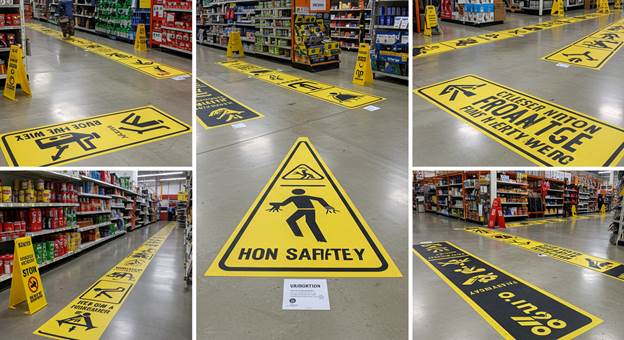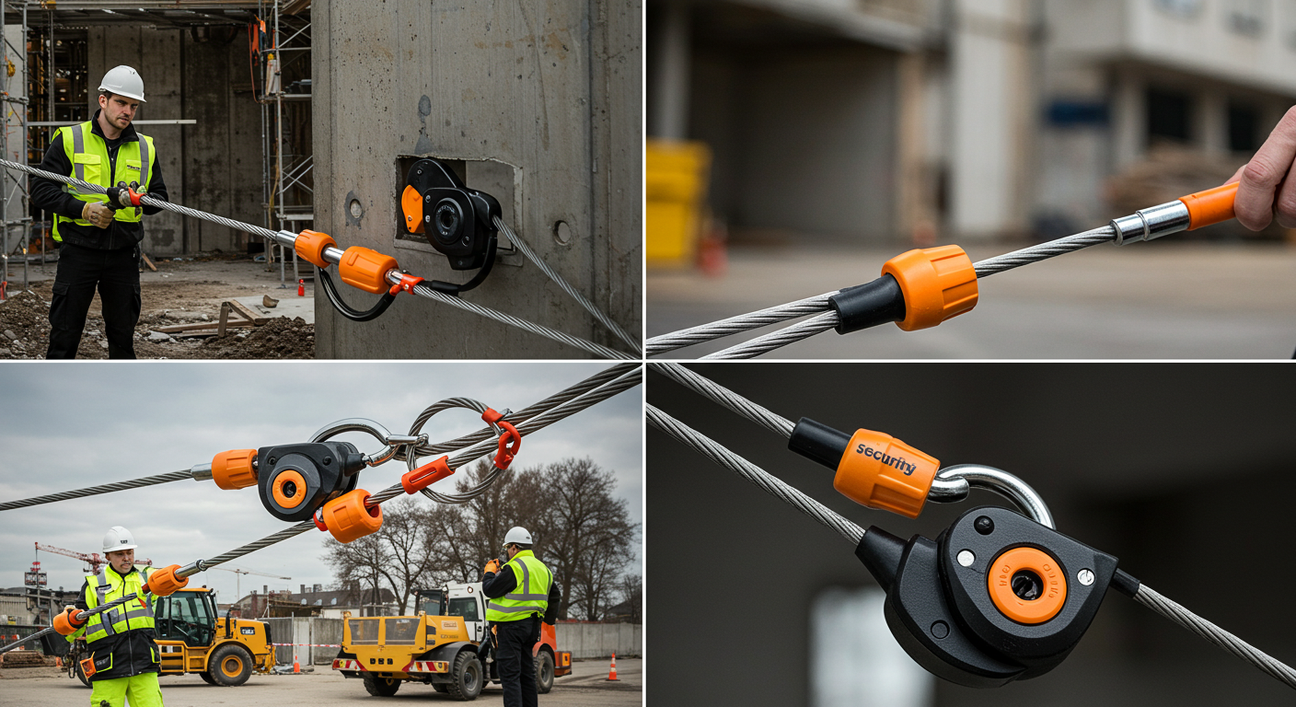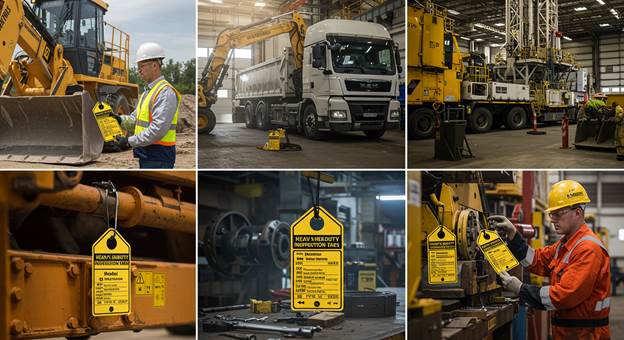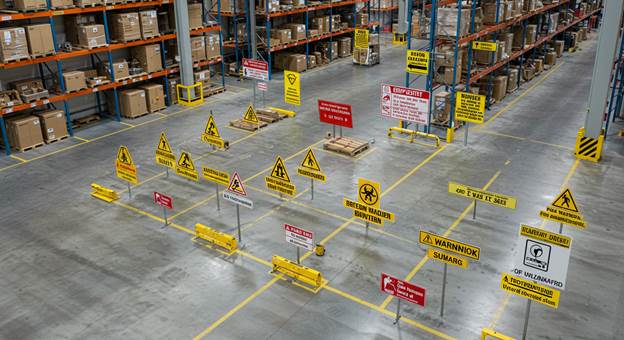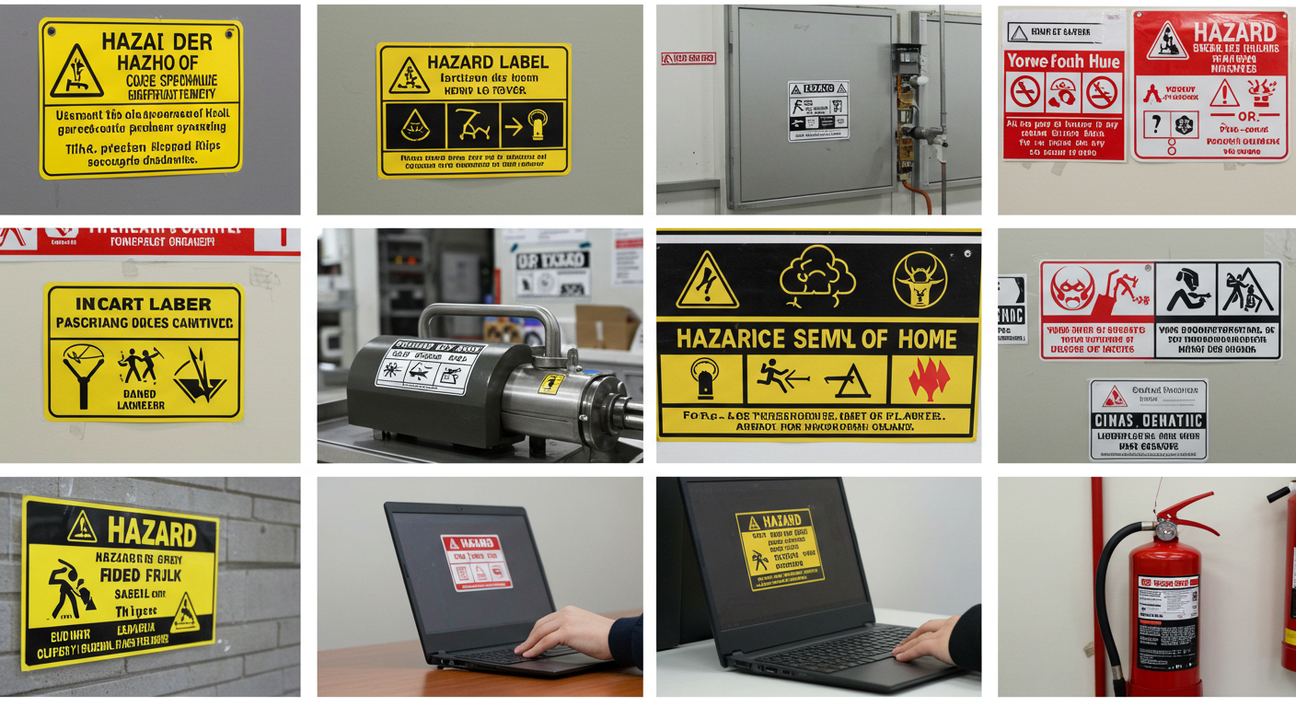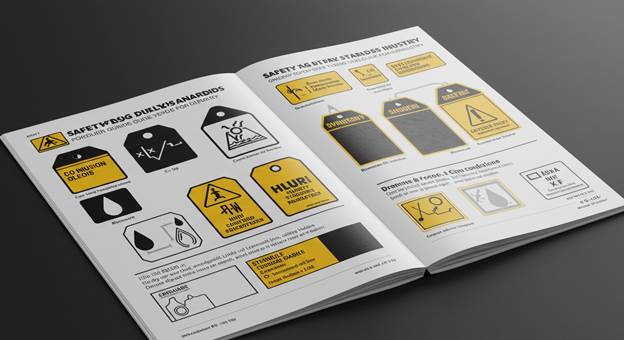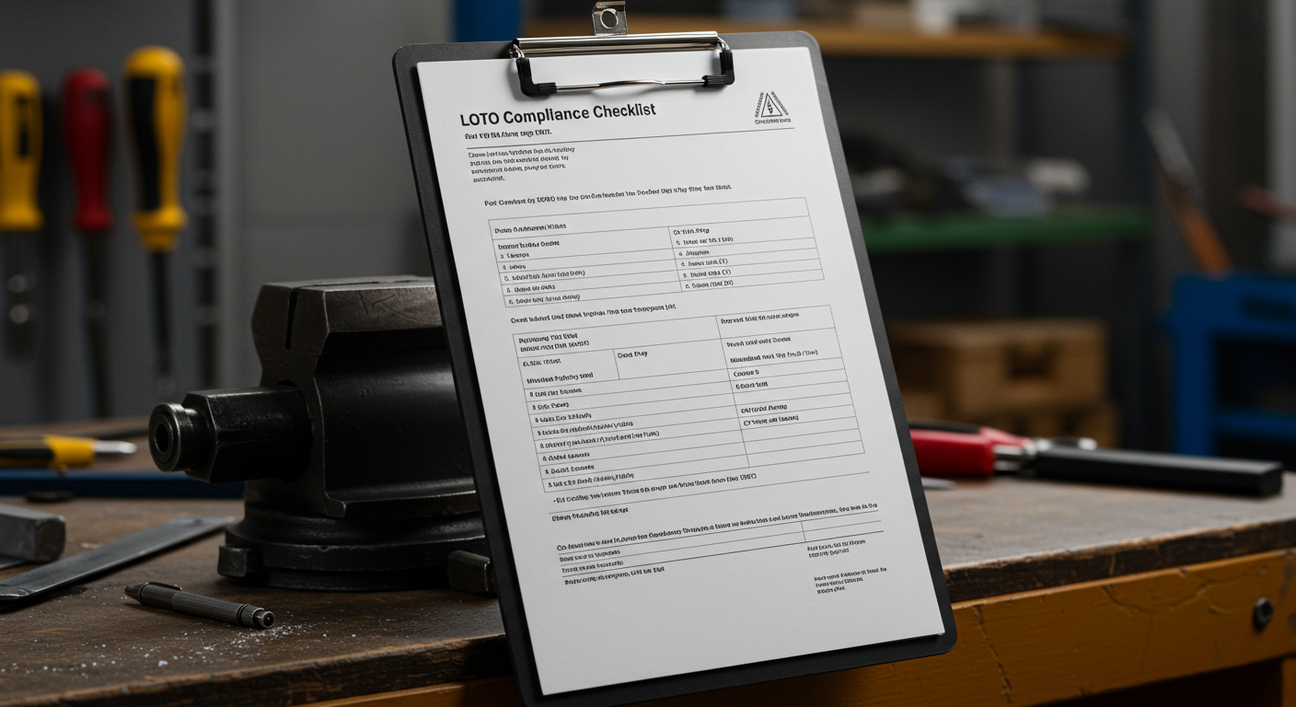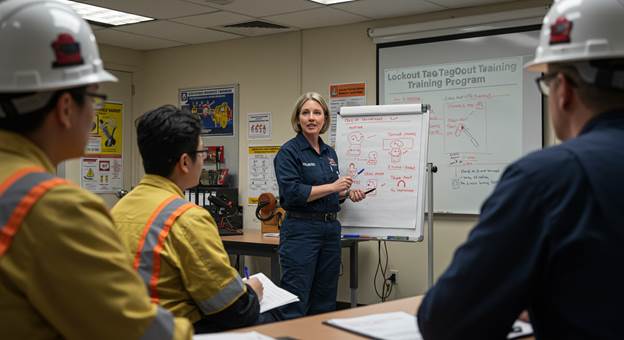PPE Essentials Every Industrial Site Must Have
1. Introduction: Why PPE Essentials Are the Backbone of Safety
Personal protective equipment (PPE) isn’t optional—it’s vital. A well-structured industrial PPE program prevents injuries, supports compliance, and protects your most valuable asset—your people. Prioritizing site safety gear shows clients, regulators, and the workforce that safety is core to your operations—not just a tick-box exercise.
Archford offers a comprehensive catalog of well-designed work PPE, ensuring every site—from construction zones to manufacturing plants—has reliable protection.
2. Head to Toe: A Complete Overview of Plant PPE
A comprehensive kit should include:
-
Hard hats and helmets
-
Eye and face protection
-
Respiratory equipment
-
High-visibility clothing
-
Hearing protection
-
Gloves for various hazards
-
Safety boots
-
Fall-arrest systems
These items form essential defenses, ensuring workers are safeguarded from top to bottom.
3. Hard Hats and Helmets: Brain Protection at Work
Head injuries are among the most serious on industrial sites. Choose plant PPE like adjustable hard hats or full helmets with chin straps. Maintain them rigorously and replace after hard impacts.
4. Eye and Face Protection: Clear Sight, True Safety
From flying debris to chemical splashes, eye protection matters. Select safety goggles or face shields based on hazards. Consider anti-fog coatings to maintain clarity during long shifts.
5. Respiratory Gear: Breathing Easy Amid Risk
Dusty production zones or chemical areas demand reliable respirators—N95, P2, or cartridge-based variants. Ensure How to choose PPE essentials? Start with a hazard assessment and fit-testing for airtight seals.
Replace filters regularly according to site conditions and standards.
6. High-Visibility Clothing: Stay Seen, Stay Secure
In dimly lit environments or around moving vehicles, high-visibility work PPE keeps employees within sight range. Choose fluorescent colors, reflective strips, and tailored fits for optimal visibility.
7. Hearing Protection: Guarding Against the Silent Hazard
Exposure to loud equipment can cause irreversible hearing loss. Use earmuffs or earplugs rated for site noise levels. Best PPE for industrial sites includes hearing protection rated to your decibel levels.
8. Hand and Arm Protection: Gloves for Every Task
Gloves protect against cuts, heat, chemicals, and vibration. Industrial sites need:
-
Cut-resistant for metal handling
-
Chemical-resistant for handling liquids
-
Heat-resistant for hot surfaces
-
Vibration-dampening for power tools
Balance CVA protection with dexterity for precision tasks.
9. Foot and Leg PPE: Boots That Do More Than Walk
What PPE for industrial site? includes proper steel-toe, puncture-resistant boots with slip-resistant soles. For hazardous terrain, consider metatarsal guards or chemical-resistant footwear.
10. Fall Protection Equipment: Safety at Heights
For elevated work, a full-body harness and properly anchored lanyard or self-retracting lifeline is mandatory. Always inspect before use—and ensure your gear meets Australian standards.
11. PPE Maintenance Tips: Keep It Clean, Compliant, and Current
Maintain a PPE care routine:
-
Clean gear per manufacturer guidelines
-
Store in dry, climate-safe lockers
-
Inspect straps, lenses, seals, and wear points monthly
-
Retire damaged or expired items promptly
Well-kept gear enhances both safety and longevity.
12. Archford’s PPE/SAFETY Support for Industrial Sites
Archford offers a well-rounded industrial PPE lineup—covering hard hats, eyewear, gloves, respirators, hearing gear, boots, and fall-protection sets. They provide fast shipping, compliant standards, and expert help to ensure you equip your site correctly.
13. Smart Tips: How to Choose PPE Essentials
Ensure quality and compliance by following these steps:
-
Conduct a thorough hazard risk assessment
-
Match protection levels (e.g., cut resistance, noise reduction) to site tasks
-
Involve workers in gear selection for comfort feedback
-
Train staff on correct usage and limitations
-
Review and update gear periodically based on condition and incidents
This proactive approach guarantees trust in your work PPE system.
14. Avoid Common PPE Mistakes on Industrial Sites
Watch out for these pitfalls:
-
Skimping on certified gear—buy trade-quality PPE
-
Ignoring replacement schedules—especially for filters and lenses
-
Using gloves around moving machinery
-
Failing to train—gear is useless if misused
-
Attempting DIY repairs—always replace damaged equipment
Archford’s PPE solutions are durable, tested, and compliant—minimizing risk of substandard purchases.
Essential Safety Solutions for Lockout, PPE, and Hazard Control
|
Tips / Guide Summary |
|
|
Select kits with multi-lock hasps, padlocks, and tags suitable for your industry. |
|
|
Use non-conductive or keyed-alike locks for easier and safer LOTO application. |
|
|
De-energize sources and use circuit breaker or plug lockout devices per procedure. |
|
|
Use proper devices for ball, gate, or butterfly valves; attach lock + tag always. |
|
|
Apply colored floor tape for equipment zones, hazard areas, and safe walking paths. |
|
|
Install on stairs, ladders, and wet areas to prevent slips, especially outdoors. |
|
|
Include hard hats, gloves, eye protection, respirators, and safety footwear in kits. |
|
|
Provide annual training and refreshers using real-world scenarios and documented tests. |
|
|
Include procedures, device inspections, employee responsibilities, and recordkeeping. |
|
|
Ideal for securing multiple valves or electrical panels with one locking point. |
15. Final Thoughts
Effective PPE transforms safety culture. When gear is properly selected, cared for, and worn, workers know they're valued. That sense of care boosts morale, reduces incidents, and improves productivity.
With top-tier best PPE for industrial sites from Archford, your team can trust their protection—and focus on the job at hand.
16. FAQs
Q1: What is the essential PPE for industrial sites?
Head, eye, respiratory, hand, hearing, foot, and fall-protection gear are core essentials.
Q2: How do I choose the right industrial PPE?
Conduct a How to choose PPE essentials assessment—match hazards to protection levels in consultation with workers.
Q3: When should respirator filters be replaced?
Replace them based on manufacturer guidelines or when breathing becomes difficult.
Q4: Can I reuse disposable earplugs?
No—single-use earplugs should be replaced to maintain hygiene and effectiveness.
Q5: Where do I find reliable PPE/SAFETY gear in Australia?
Visit Archford’s PPE/SAFETY page for top-grade gear and advice.

